Archive of Binge top 50 capsule movie reviews
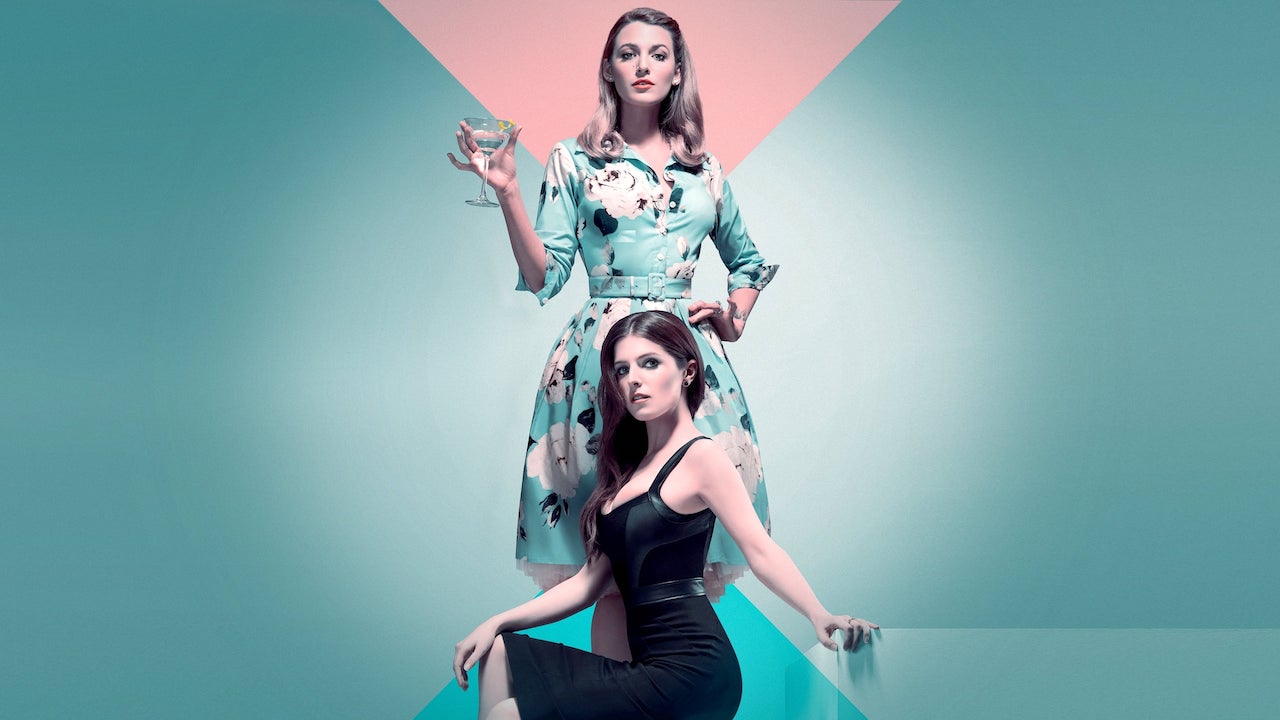
Here’s an archive of capsule reviews on films previously available on BINGE.
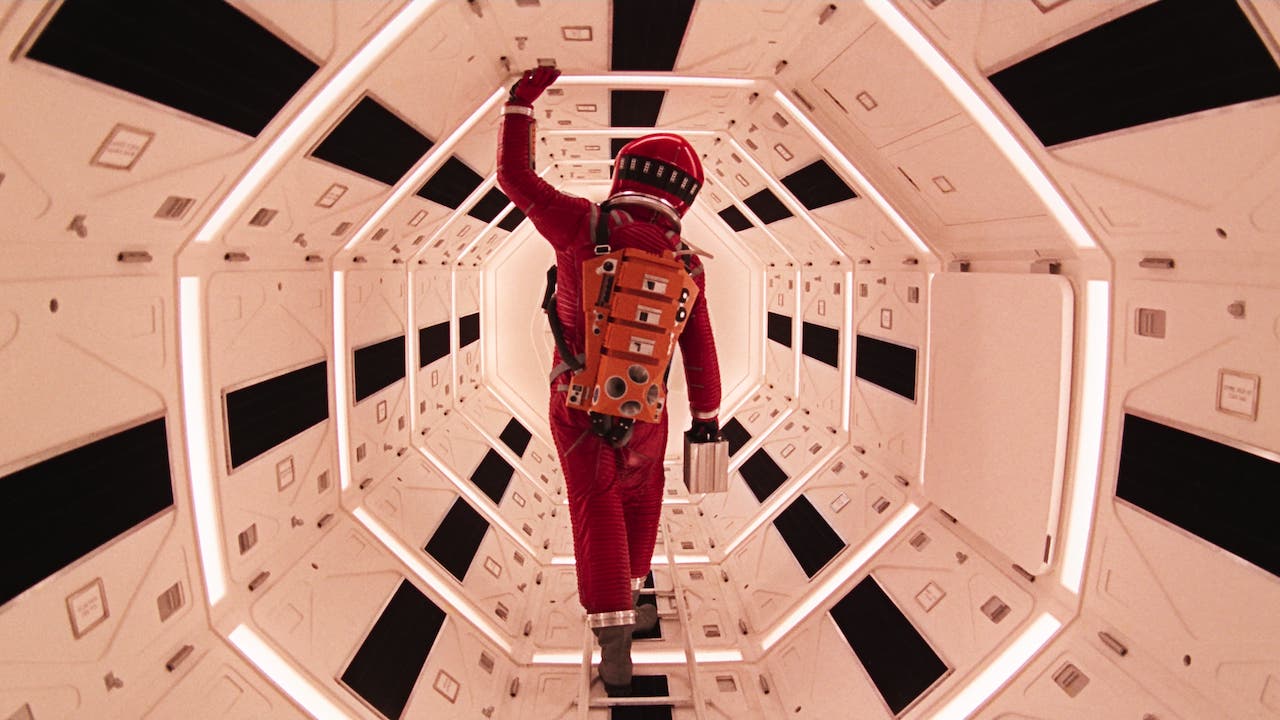
2001: A Space Odyssey (1968)
From the dawn of time to a point beyond it, Stanley Kubrick’s ground-breaking science-fiction epic about a secretive mission to Jupiter is concerned with achieving control—from Kubrick’s realisation of hitherto unimaginable visual effects to the alien monoliths that have set humanity on the path to evolution. The movie’s key character, the HAL 9000, is a computer that decides humans are an impediment to its work. That’s the director writ large.
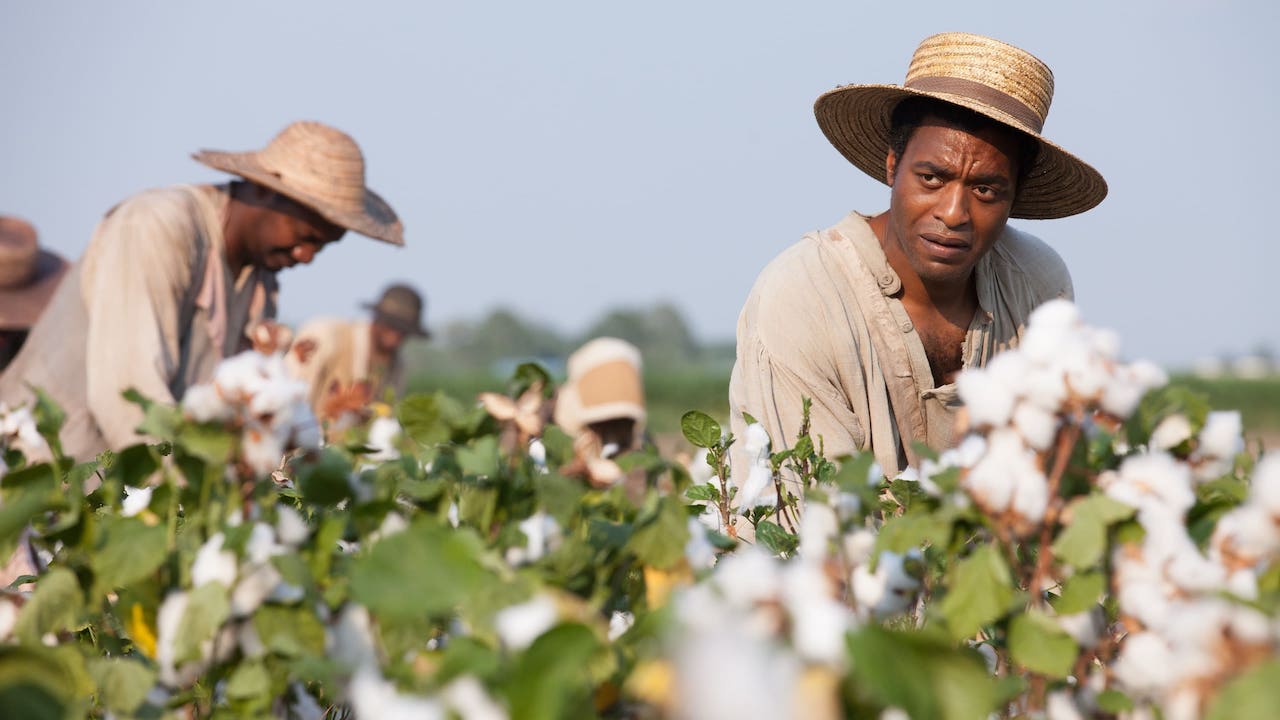
12 Years A Slave (2013)
A wrenching, vexing inhabitation of America’s pact with slavery, Steve McQueen’s Academy Award-winning drama ties together cruelty and humanism in telling the story of Solomon Northup (Chiwetel Ejiofor), a free-born Black man kidnapped and illegally sold into southern servitude. Imprisonment informs every scene, whether physically or emotionally, with Lupita Nyong’o unforgettable as a despairing, abused slave on the brink of collapse.
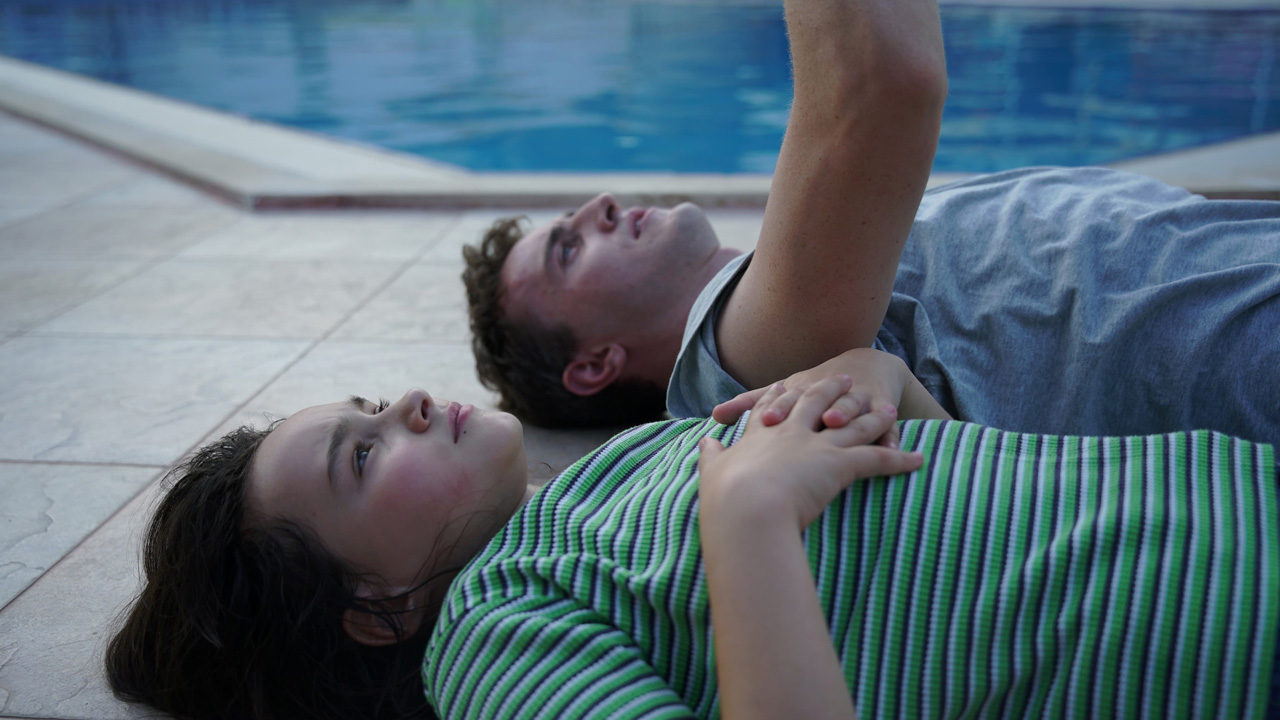
Aftersun (2022)
Scottish filmmaker Charlotte Wells’ debut feature is a quietly audacious invocation of memory, regret, and familial longing that takes the form of a coming-of-age drama where 11-year Sophie (Frankie Corio) holidays in Turkey with her 30-year-old father Calum (Paul Mescal). Their connection is loving but uneasy, as perceptions and time both shift, and the film feels like it’s speaking a cinematic language you’re intuitively fluent in.
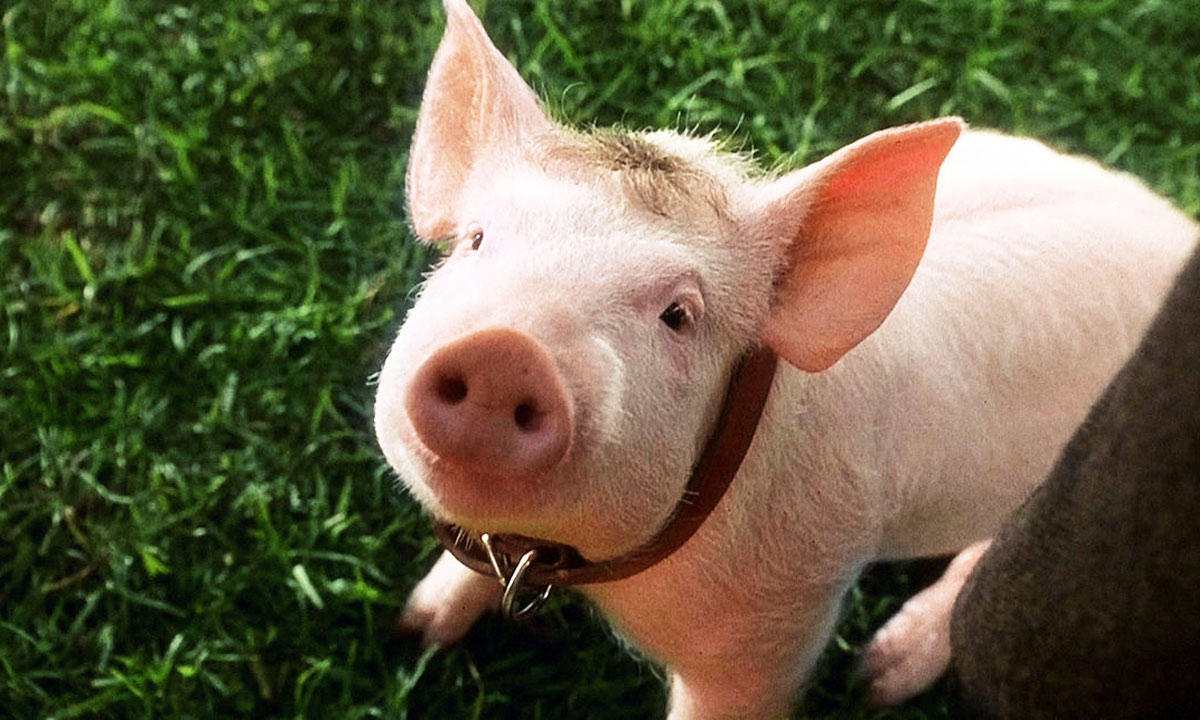
Babe (1995)
Chris Noonan’s zesty, lovable story of a lonely piglet’s path to acceptance and then glory at a bucolic farm remains a genuine example of that rare creature: the great family movie. With James Cromwell as the stoic farmer, the film captures a storybook sensibility, mixing both the fantastic and the daft, while always maintaining more than a hint of darkness.
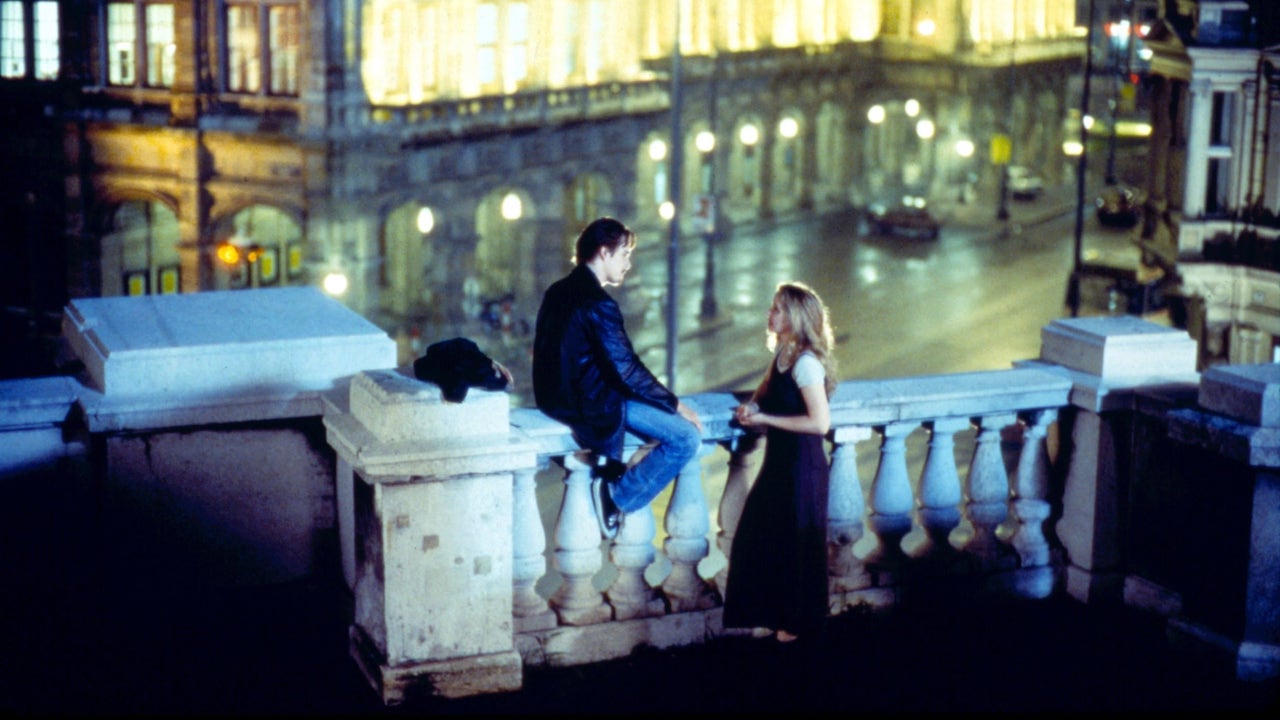
Before Sunrise (1995)
The definitive Gen X screen romance, set over a 12-hour assignation in Vienna between a young American visitor (Ethan Hawke) and an unexpected French acquaintance (Julie Delpy), has a timeless quality. Richard Linklater’s 20-something romance unfolds with the tender grace that comes from the fulfilment of adolescent desires.
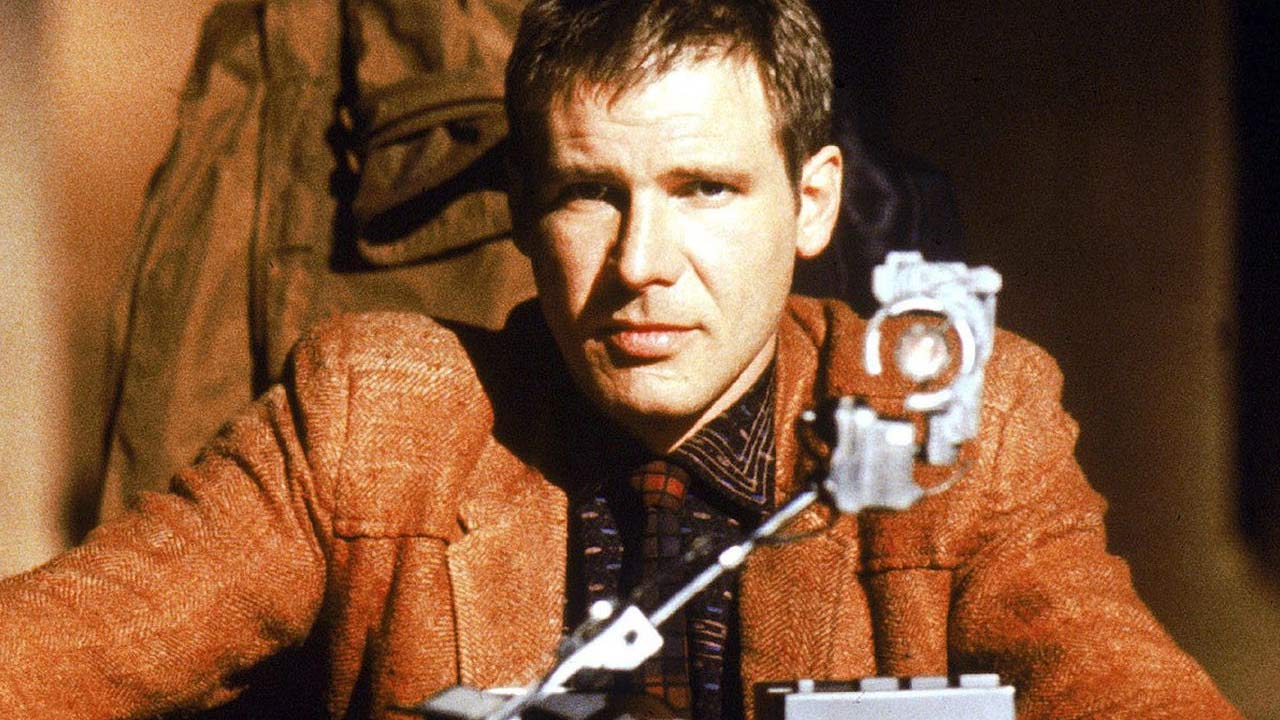
Blade Runner (1982)
Whatever the edit, Ridley Scott’s dystopian noir about a former police detective (Harrison Ford) hunting to terminate a group of escaped androids through 2019 Los Angeles is a science-fiction masterpiece. With a beautiful, haunted Rutger Hauer as the artificial antagonist, the movie takes cinematic wonder into inescapable tragedy.

Bonnie and Clyde (1967)
A sensation upon release in America, this fictionalised account of the headline-making Depression-era bank robbers was a mordant, telling movie that spoke to both generational and sexual unease. Faye Dunaway and Warren Beatty—his inscrutability suggesting an impotence—play the gun-wielding pair for veteran Hollywood filmmaker Arthur Penn, giving a pulp tale a fetid, fascinating hum.
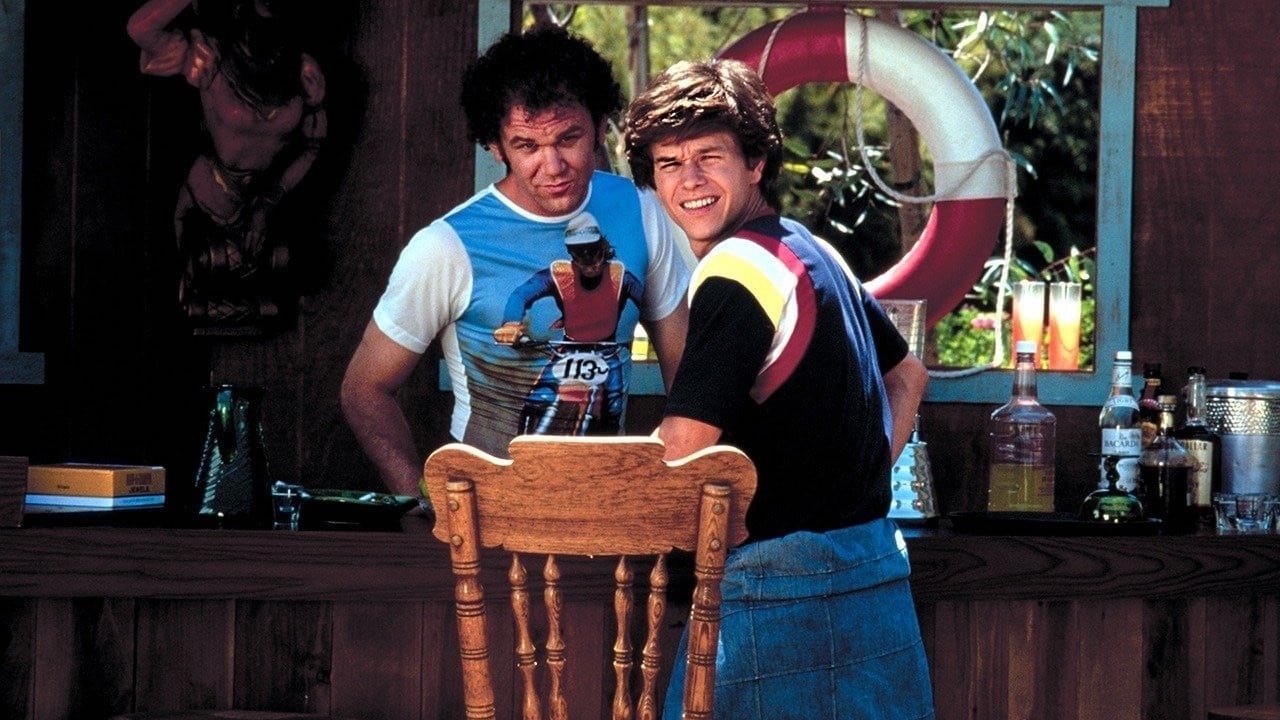
Boogie Nights (1997)
With one virtuosic set-piece after another, Paul Thomas Anderson’s second feature meets the rise and fall story of a budding adult film actor (Mark Wahlberg) and burgeoning industry he joins with rapturous fascination. Cinematic exuberance has rarely been so torrid.
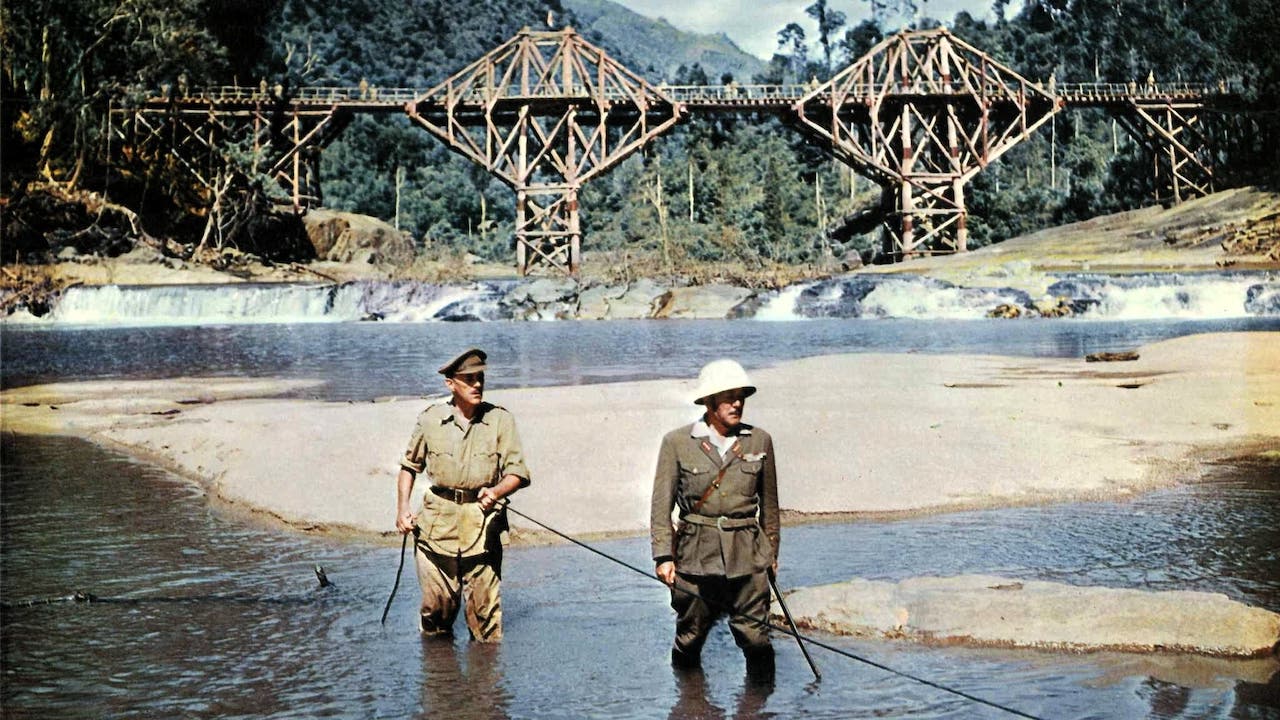
The Bridge on the River Kwai (1957)
Calmly measured and cynical about heroism, The Bridge on the River Kwai remains the first and by far the best of David Lean’s epics, telling the story of a group of POWs building a bridge on the Burma Railroad for their brutal Japanese captors during WWII. The flawed military mindset is exemplified by William Holden’s American escapee, who is sent back as a saboteur, and Alec Guinness’ English officer, determined to finish the task to give his men a sense of purpose.
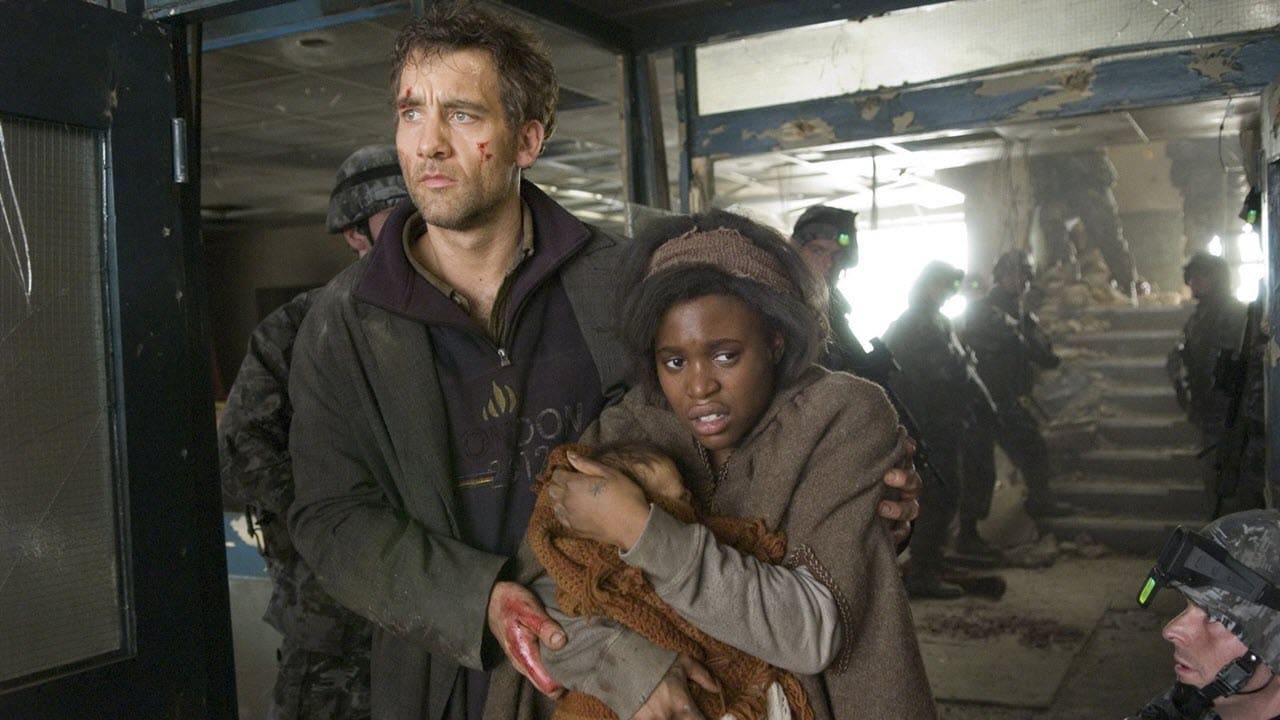
Children of Men (2006)
Set in a dystopic 2027, where society is collapsing after almost 20 years of worldwide infertility, Alfonso Cuaron’s vivid and imperilled thriller laces humanist filmmaking with remarkable set-pieces—the film is nirvana for single shot aficionados—that bring Clive Owen’s lapsed activist back to the desperate struggles of Julianne Moore as his former wife.
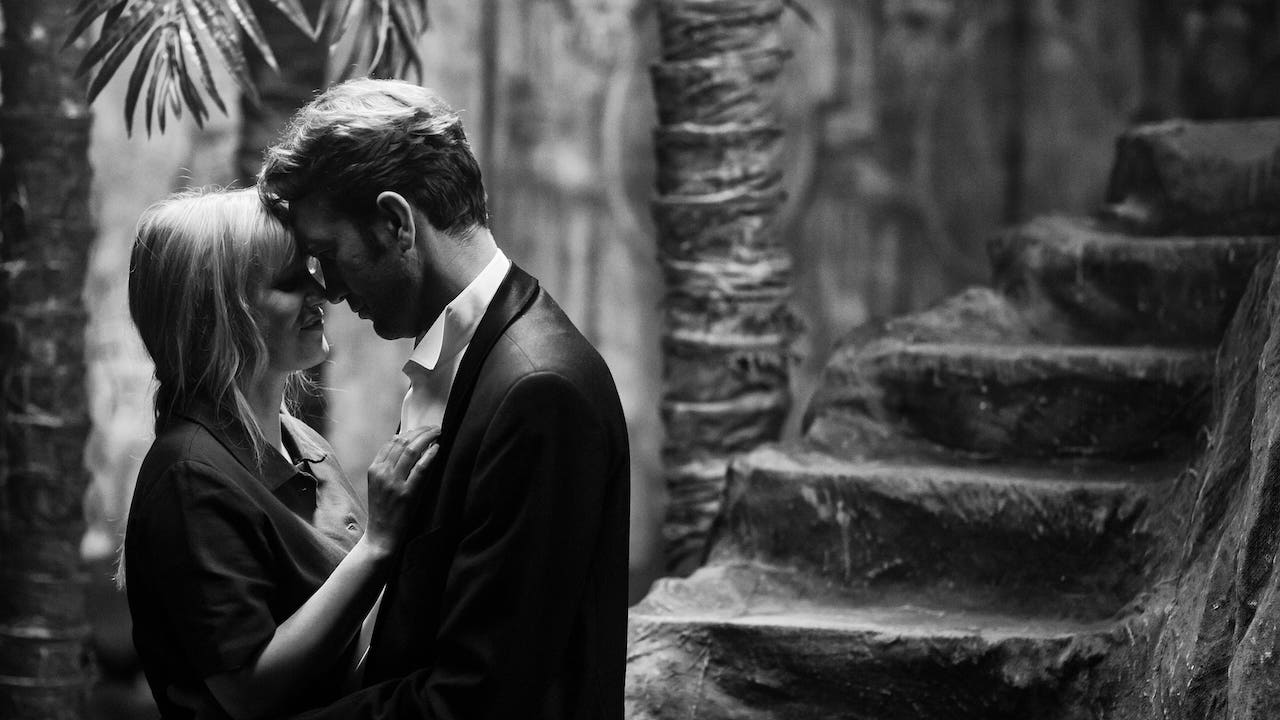
Cold War (2018)
Capturing the ecstatic highs and unbearable lows of unswerving love, Pawel Pawlikowski’s drama plots the intertwined desire and thwarted devotion of a singer (Joanna Kulig) and musician (Tomasz Kot) who meet in post-WWII Poland and ricochet through European history as borders physical and emotional divide them. Shot in black and white, gorgeously composed, and a study in economy, the film reveals an unbreakable hold.
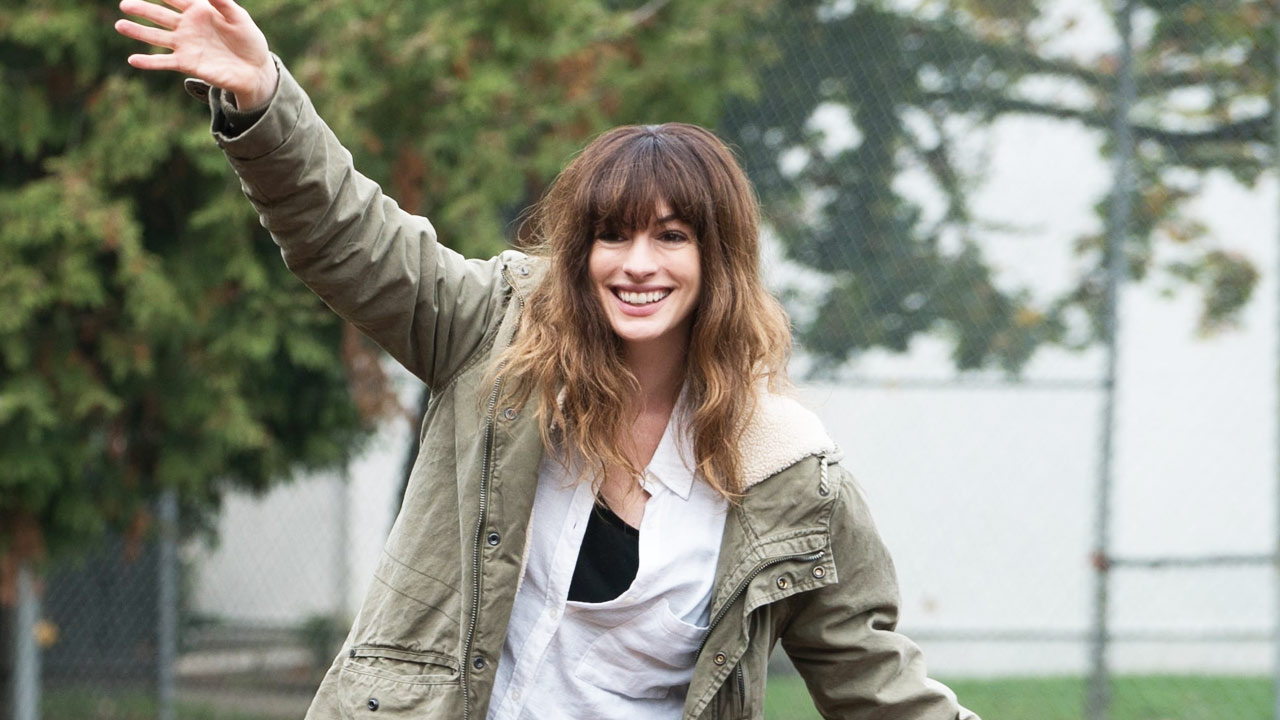
Colossal (2016)
In Nacho Vigalondo’s telling black comedy, the monsters unleashed range from a kaiju crushing Seoul to a vengeful misogynist. Linking them is Ann Hathaway’s Gloria, an alcoholic fleeing New York for her empty family home who discovers a cruel and fantastical connection to her childhood haunts.
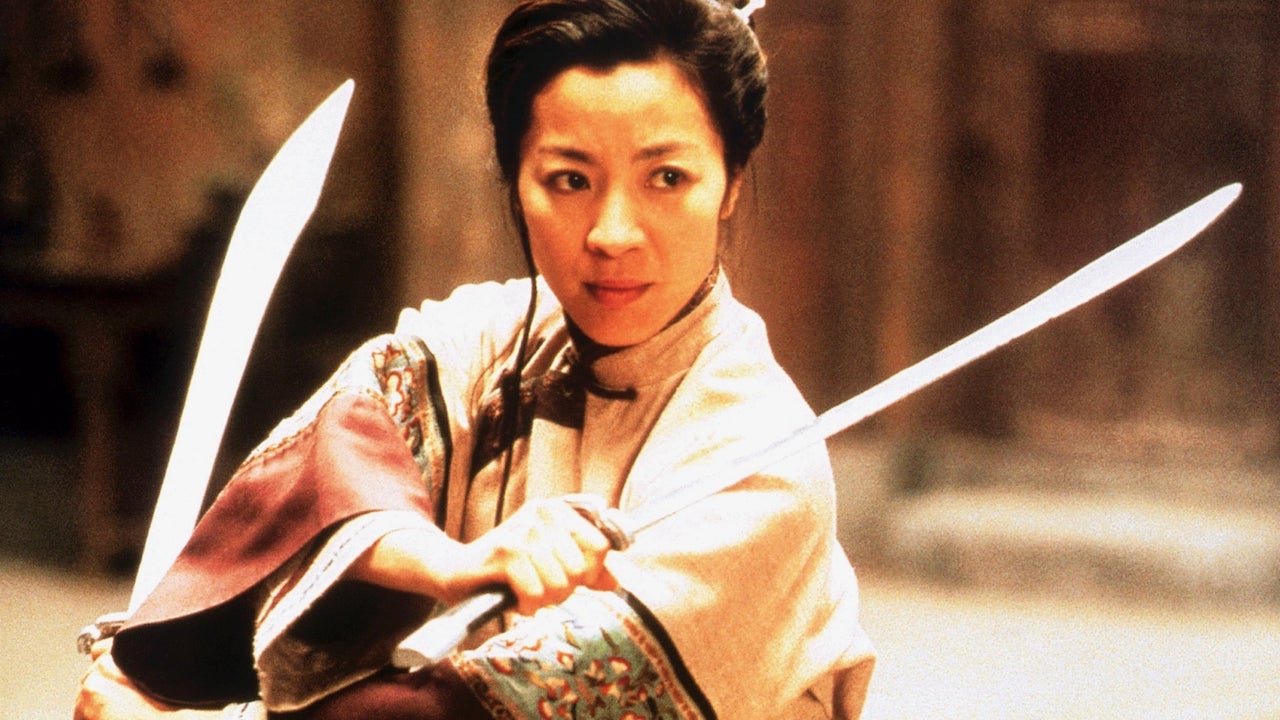
Crouching Tiger, Hidden Dragon (2000)
A gateway film that introduced new audiences to the venerable Wuxia martial arts genre, Ang Lee’s subtitled smash hit is a period adventure where melancholic reserve and gravity-defying fight scenes gracefully intertwine. Chow Yun-Fat and Michelle Yeoh are the warriors seeking a stolen sword—and perhaps each other—but the scene stealer is Zhang Ziyi as their lippy teenage foe.
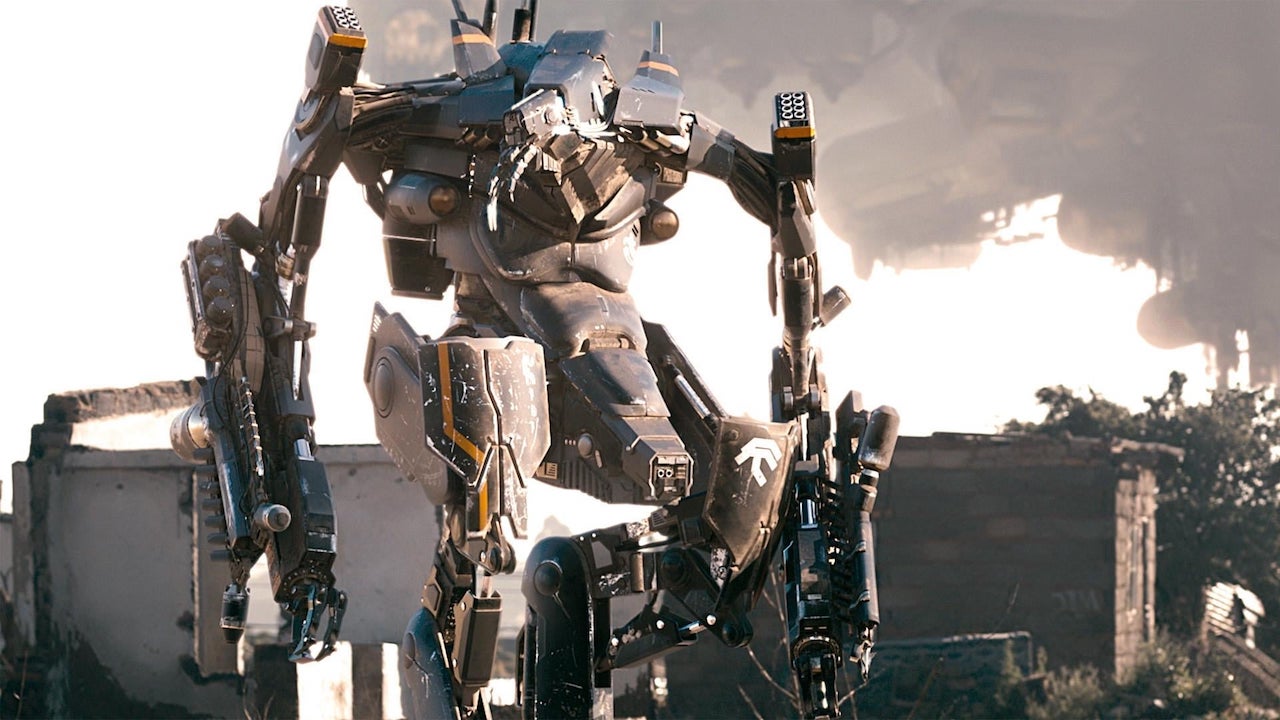
District 9 (2009)
A study of xenophobia that mixes together The Office, Alien Nation, and even a little Kafka, Neil Blomkamp’s bracing debut has digital effects so complete and accomplished that they enhanced—instead of overwhelming—the story of a South African bureaucrat (Sharlto Copley) working an alien ghetto in Johannesburg who is exposed to an unknown substance and begins to transform. Heavy weapons and black humour proliferate.
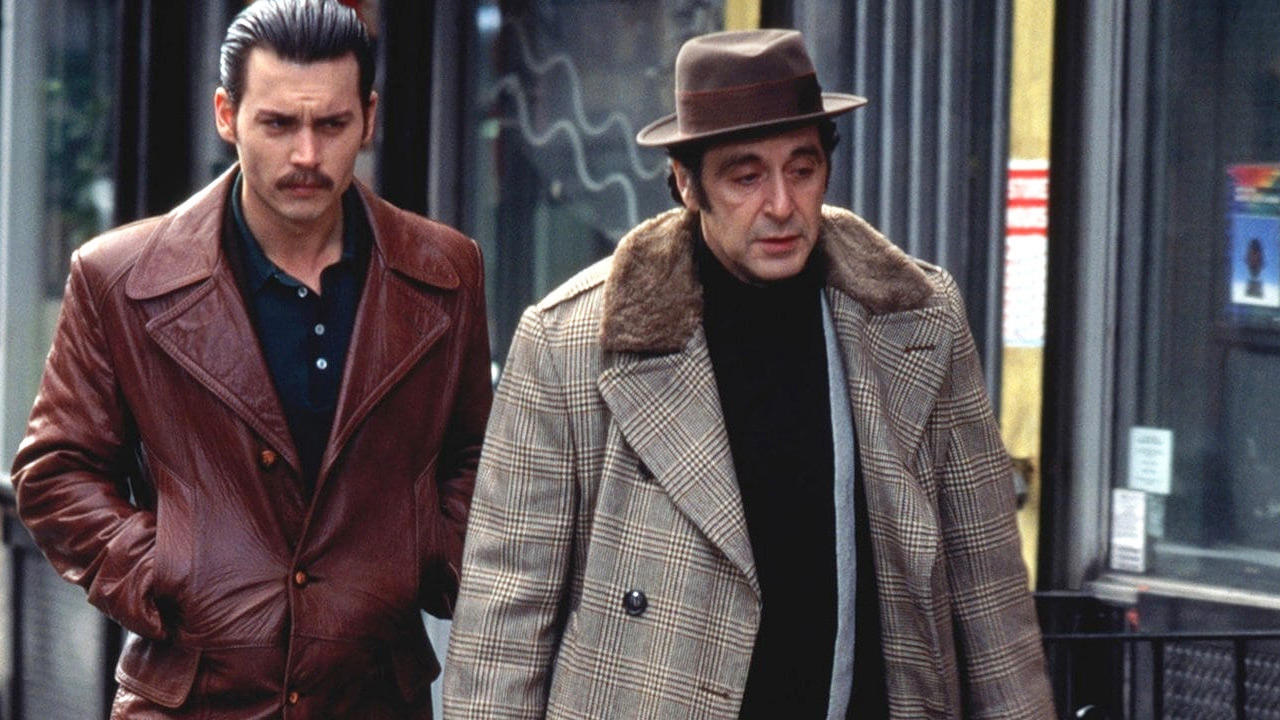
Donnie Brasco (1997)
Death of a Salesman for Mafia foot soldiers, this real-life story recounts the friendship between minor mobster ‘Lefty’ Ruggiero (Al Pacino) and young thief Donnie Brasco (Johnny Depp), who is in fact undercover FBI agent Joseph Pistone. Mike Newell’s detailed film reveals their mercantile struggle, while documenting how Joseph slowly disappears into his role.
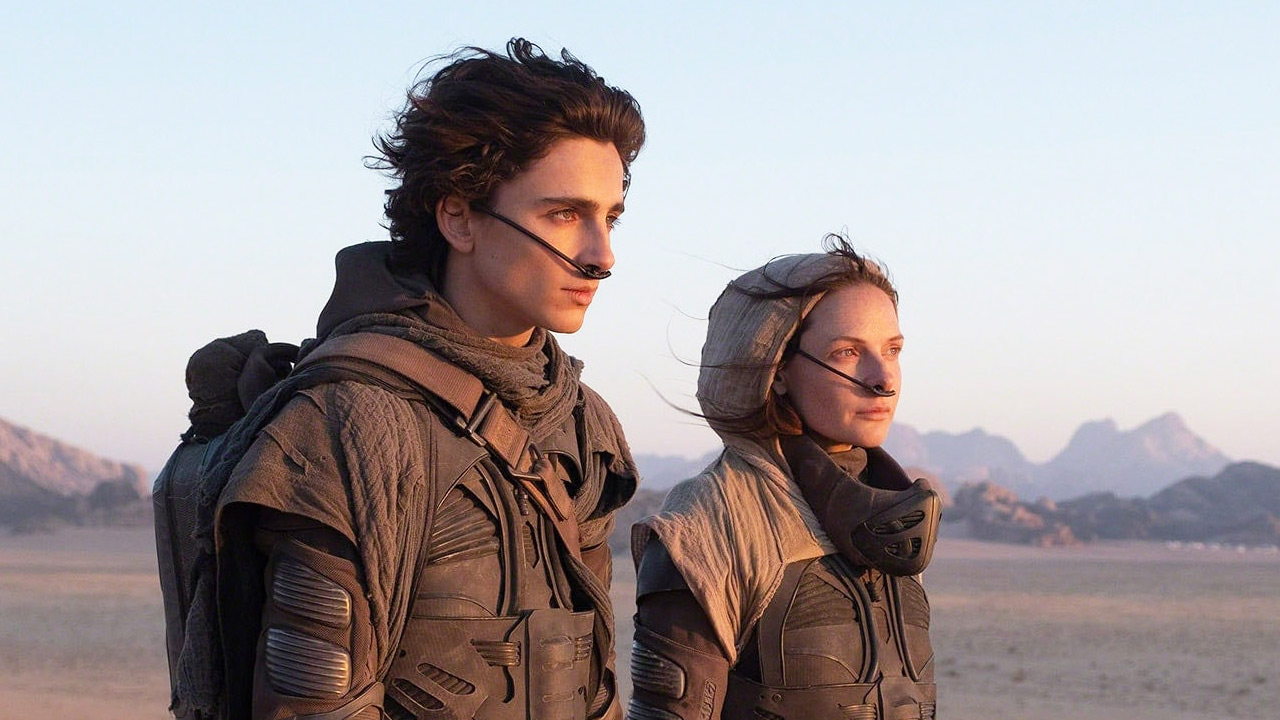
Dune (2021)
Denis Villeneuve brought otherworldly wonder, tactile action, and deep familial pain to his first adaptation of Frank Herbert’s iconic but unwieldy science-fiction classic. Subverting the ‘chosen one’ narrative so that destiny is a cruel, unwanted burden, Timothee Chalamet’s aristocratic scion is plunged into a vivid conflict that feels as if it was sculpted from the filmmaker’s deepest intimations.
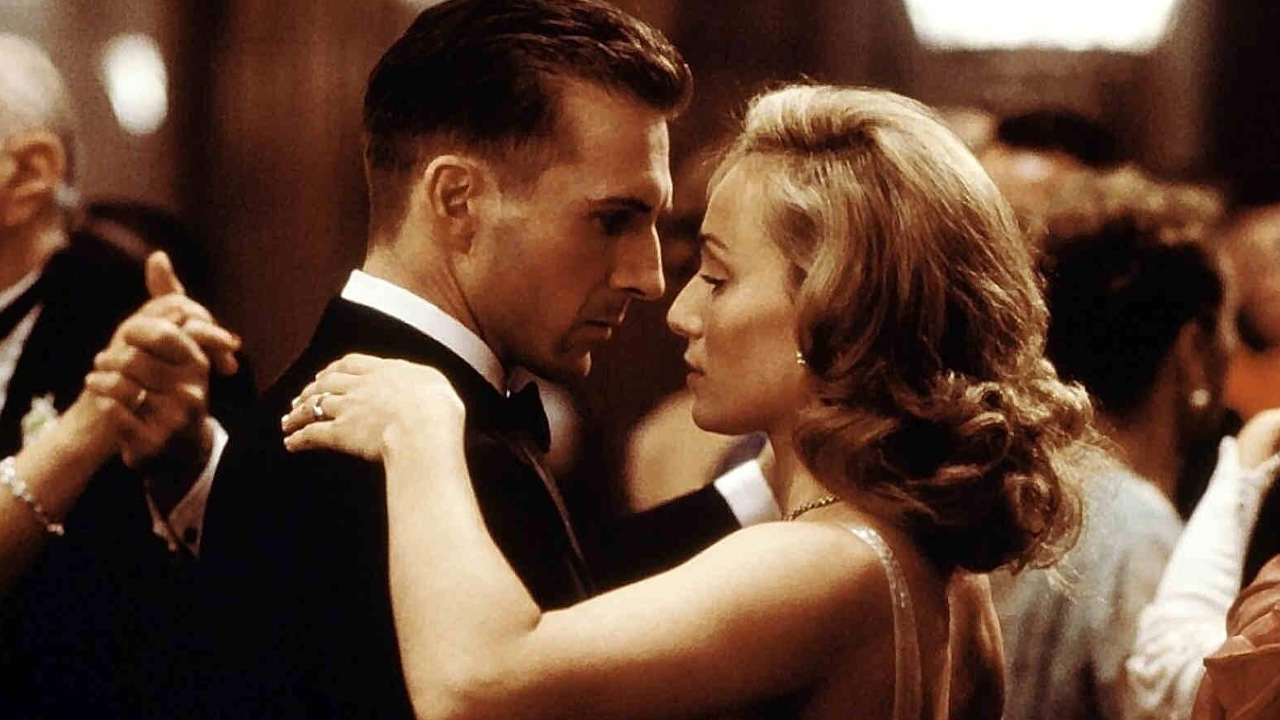
The English Patient (1996)
Love is both an enduring mystery and a catalyst for tragedy in this heart-breaking romantic epic from writer-director Anthony Minghella, who updates David Lean’s desert canvas with the story of the 1930s affair between a Hungarian explorer (Ralph Fiennes) and a British society wife (Kristin Scott Thomas) and the subsequent fallout during World War II.
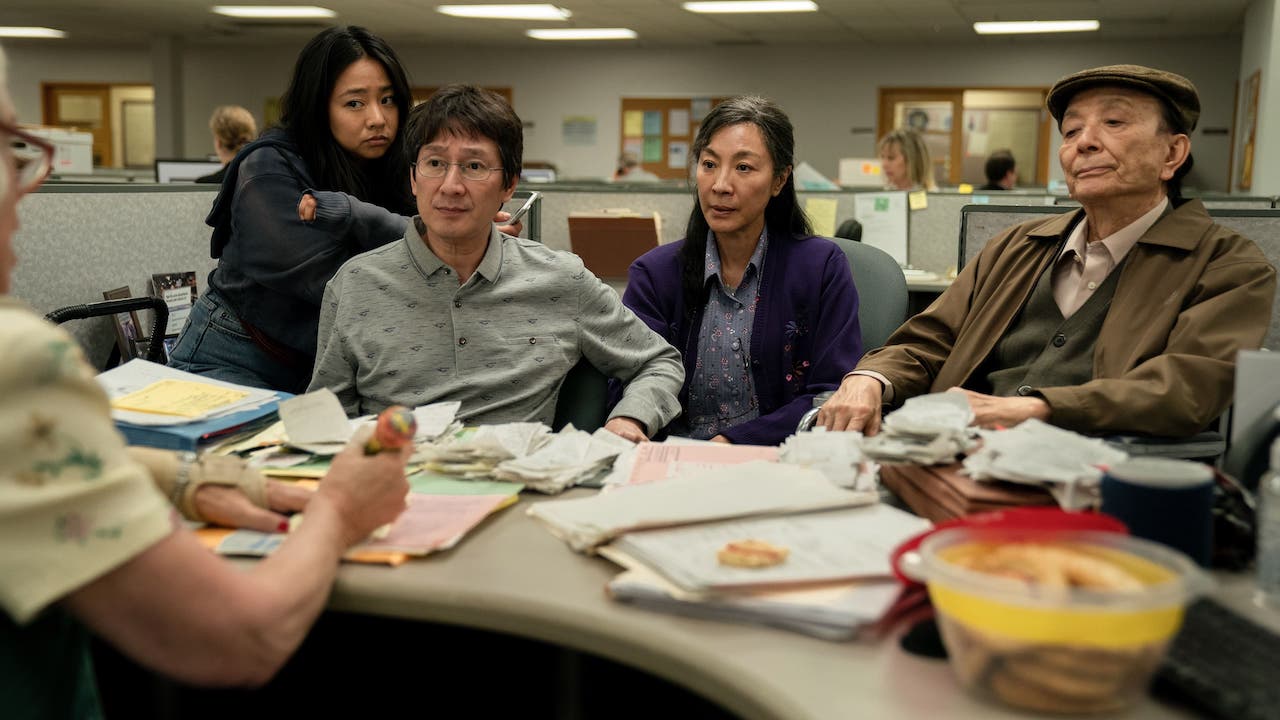
Everything Everywhere All at Once (2022)
A Gilliam-esque visit to the tax office, inter-generational immigrant trauma, hot dog hands, inter-dimensional warfare… It’s easy to say that the Oscar-winning absurdist comedy from directing duo The Daniel’s is a lot, but everything in this madcap story has purpose and pathos and it’s delivered with a magisterial lead performance by Michelle Yeoh. Believe.
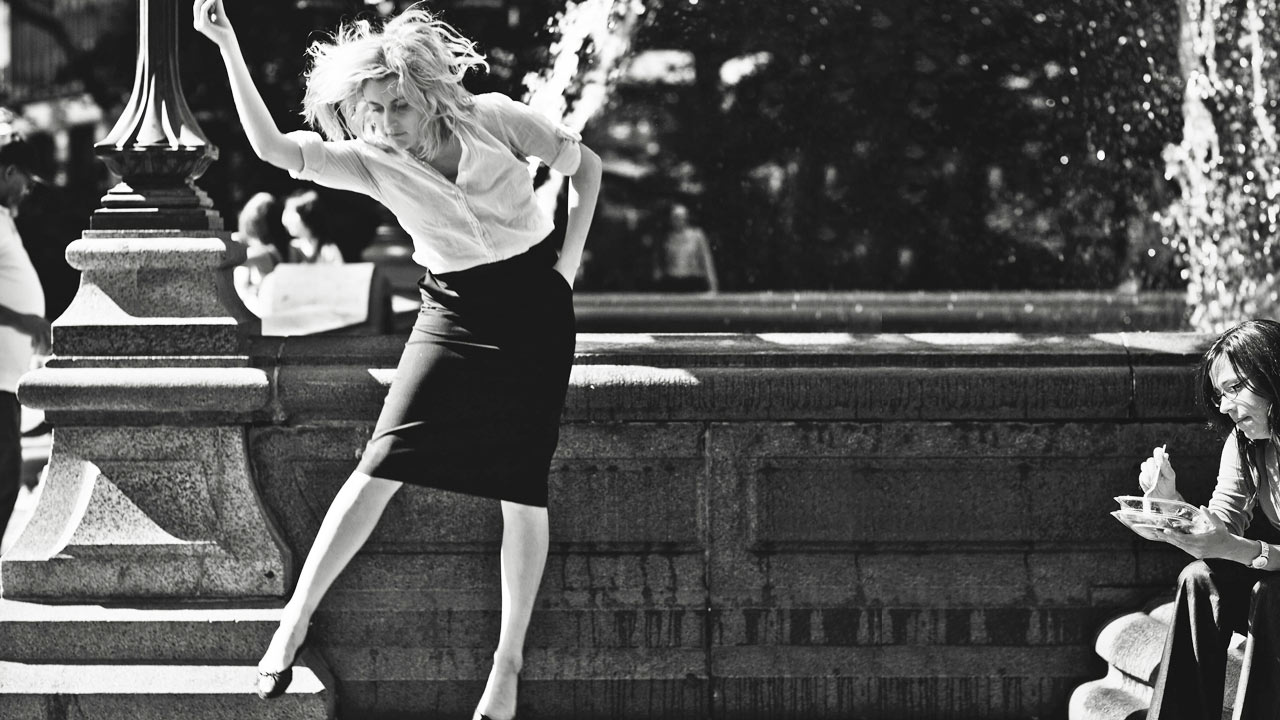
Frances Ha (2012)
This bittersweet 20-something comedy saw the collaboration between Greta Gerwig—a marvel as a neurotic optimist—and Noah Baumbach take off, the former playing a young woman coming to grips with a life she mistakenly believes she has figured out. Every stitch of sympathy and experience is hard fought.
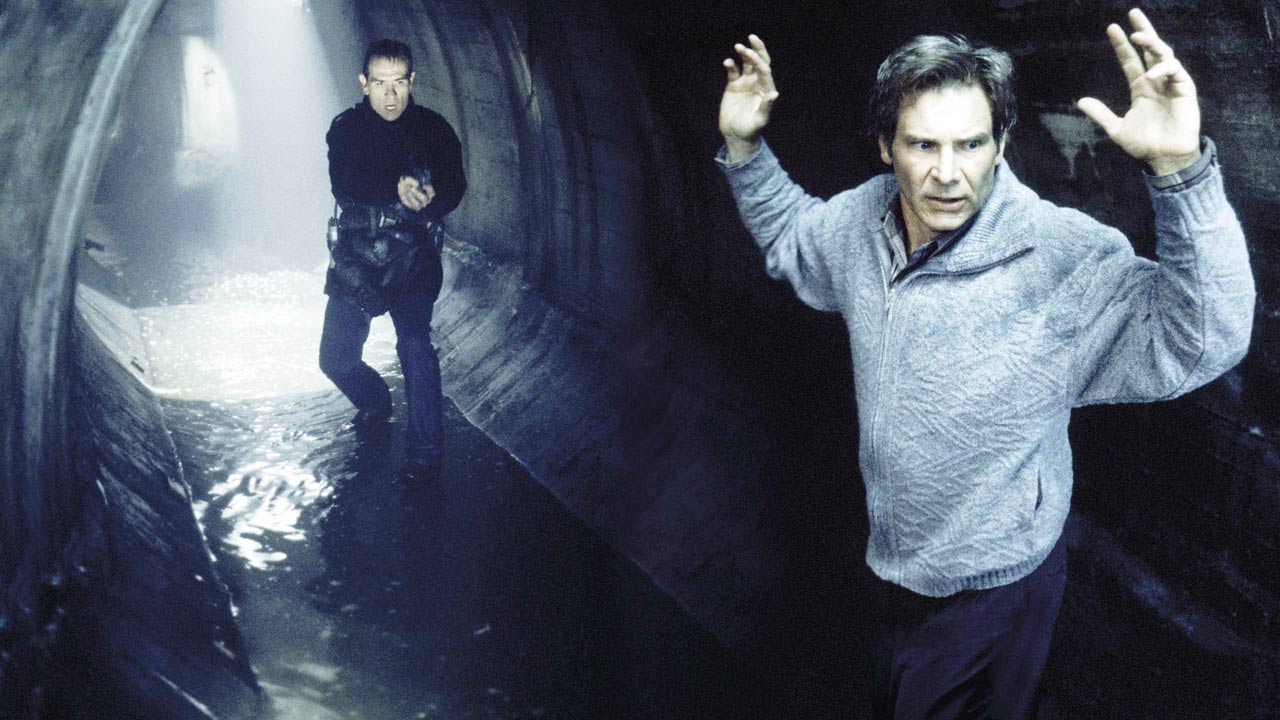
The Fugitive (1993)
When people say Hollywood doesn’t make smart, thrilling mainstream movies for adults, this is what they’re talking about. Harrison Ford plays a doctor framed for his wife’s murder, who gets the chance to escape and search for the perpetrator while being expertly pursued by Tommy Lee Jones’ relentless U.S. Marshall. It’s a film of heroic energy and reckless momentum.
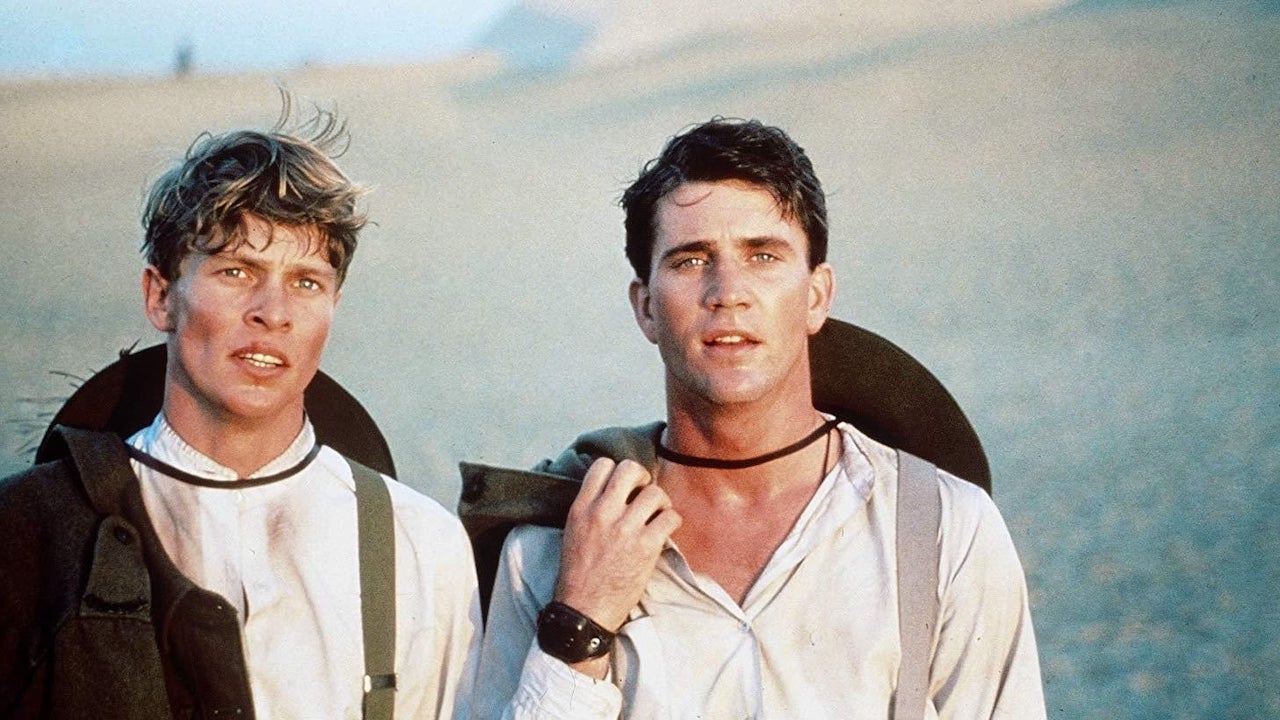
Gallipoli (1981)
From the outback to the trenches in Turkey, Peter Weir’s 1981 classic, with Mel Gibson and Mark Lee as young sporting rivals turned comrades, comprehensively addresses Australia’s use of World War I to help forge a national identity. The carnage eventually suffered in the 1915 campaign is staggering, the final scene devastating.
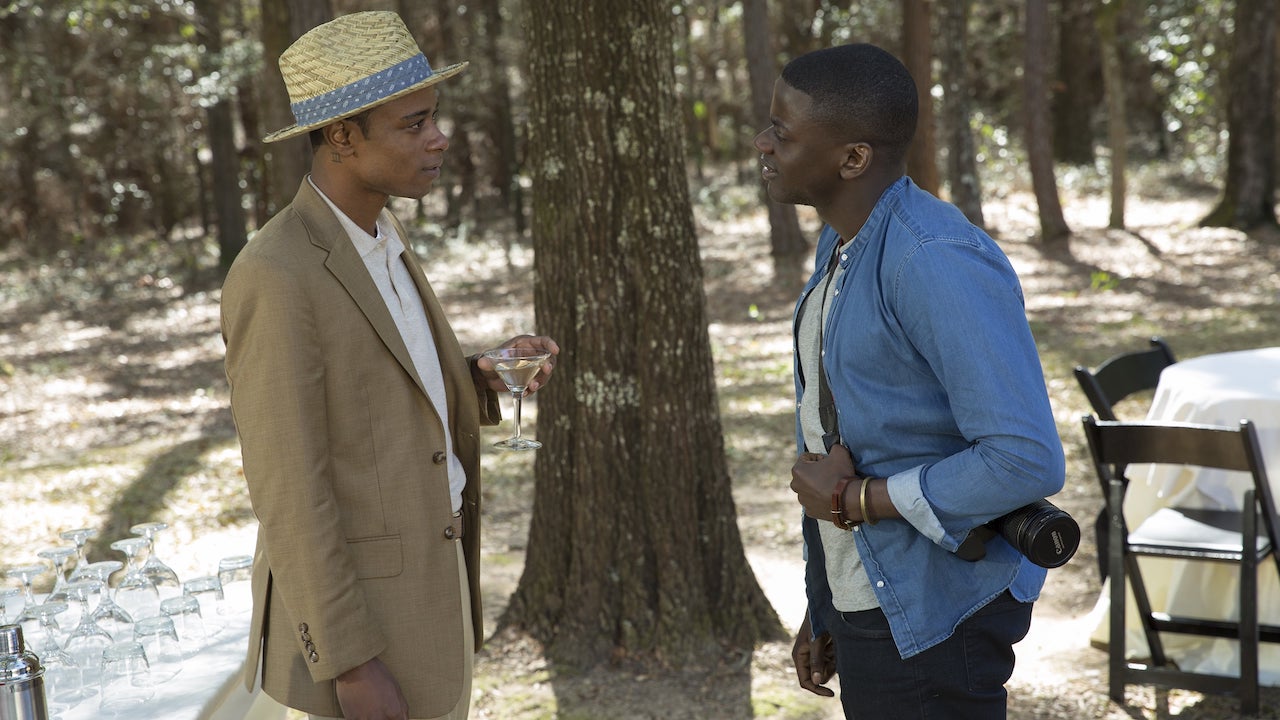
Get Out (2017)
Few films have better captured the tenor of the times that comic Jordan Peele’s directorial debut, a compelling horror film about the dispossession of African-Americans that stars Daniel Kaluuya as a Black photographer invited to visit the family home of his white girlfriend. Peele memorably turns awkwardness and tolerance into menace and terror, as history threatens to repeat itself.
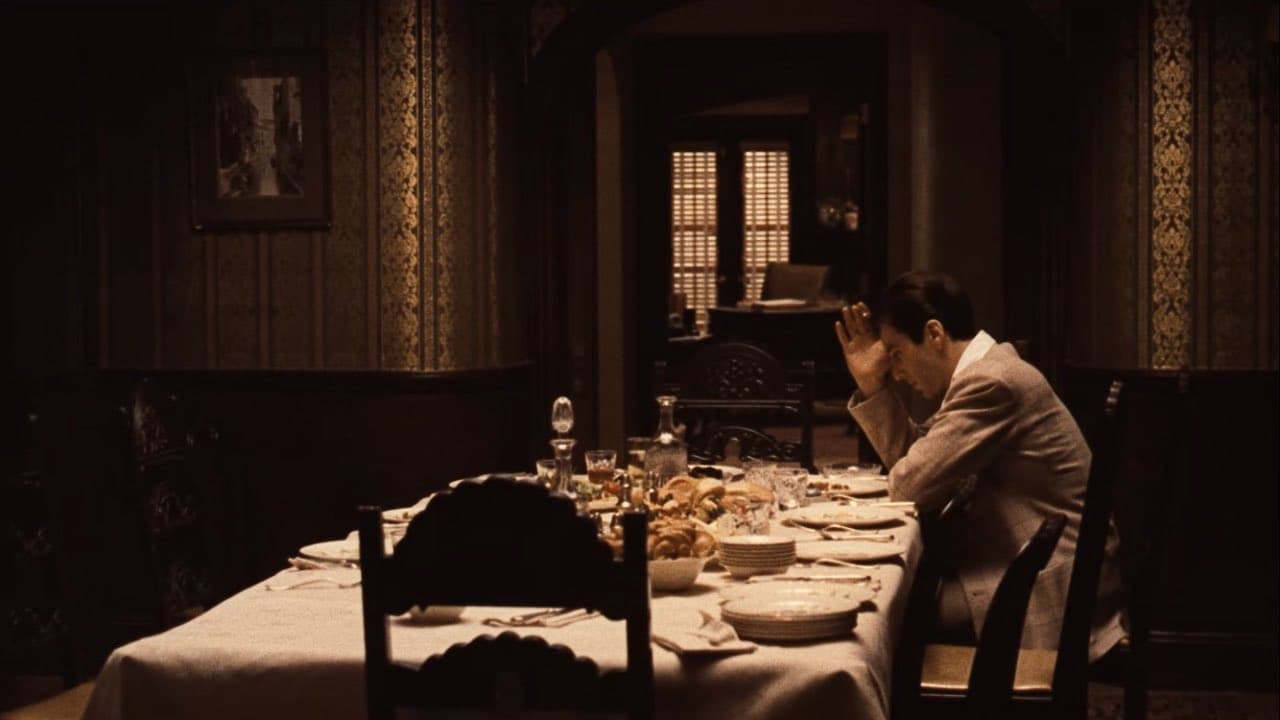
The Godfather: Part II (1974)
The themes that Francis Ford Coppola developed in The Godfather—the dangerous responsibility inherent in family, crime as an adjunct to capitalism, power corrupting the soul—are expanded and intermingled in this ambitious successor, which clearly remains one of the American cinema’s towering achievements. Robert De Niro and Al Pacino play father and son in different eras, so that history marks every irrevocable decision.
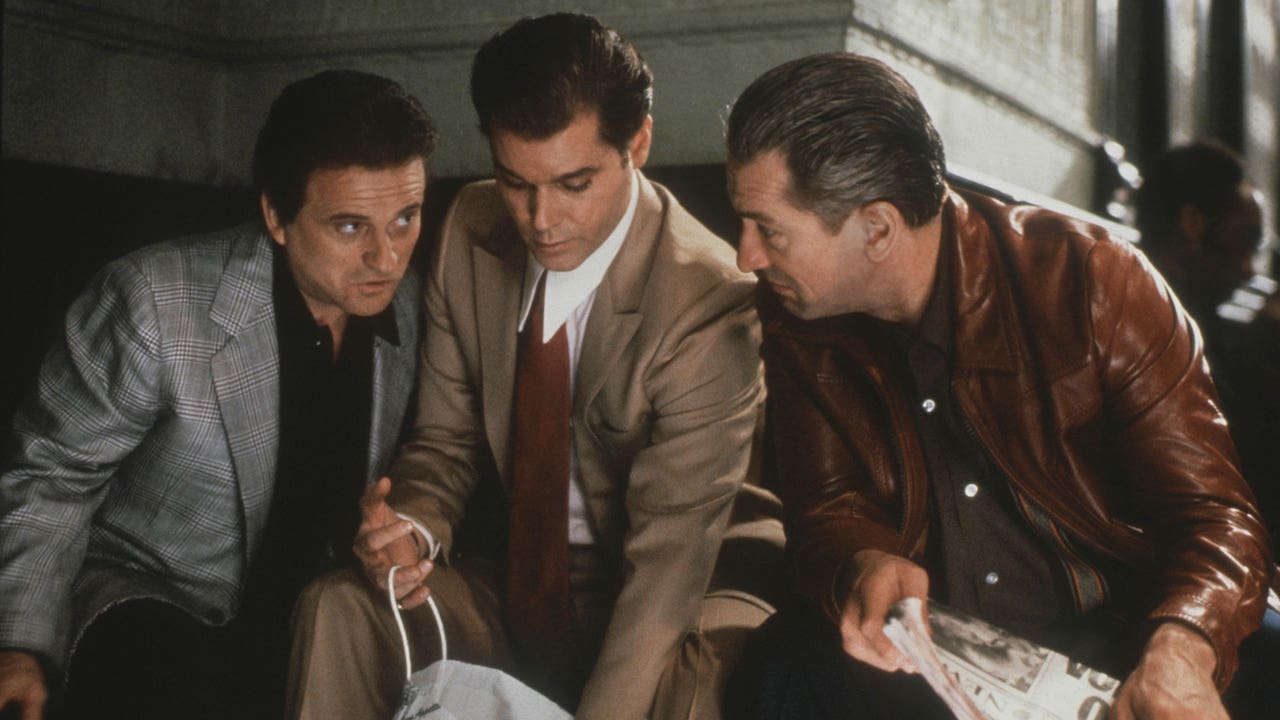
Goodfellas (1990)
With cocaine pans and Keith Richards riffs, this organised crime epic from Martin Scorsese was based on the (low) life and (bad) times of Henry Hill (Ray Liotta), a wiseguy from his youth sequestered with the calculating Jimmy Conway (Robert De Niro) and the violent Tommy De Vito (Joe Pesci). Magisterial filmmaking, damning anthropology.
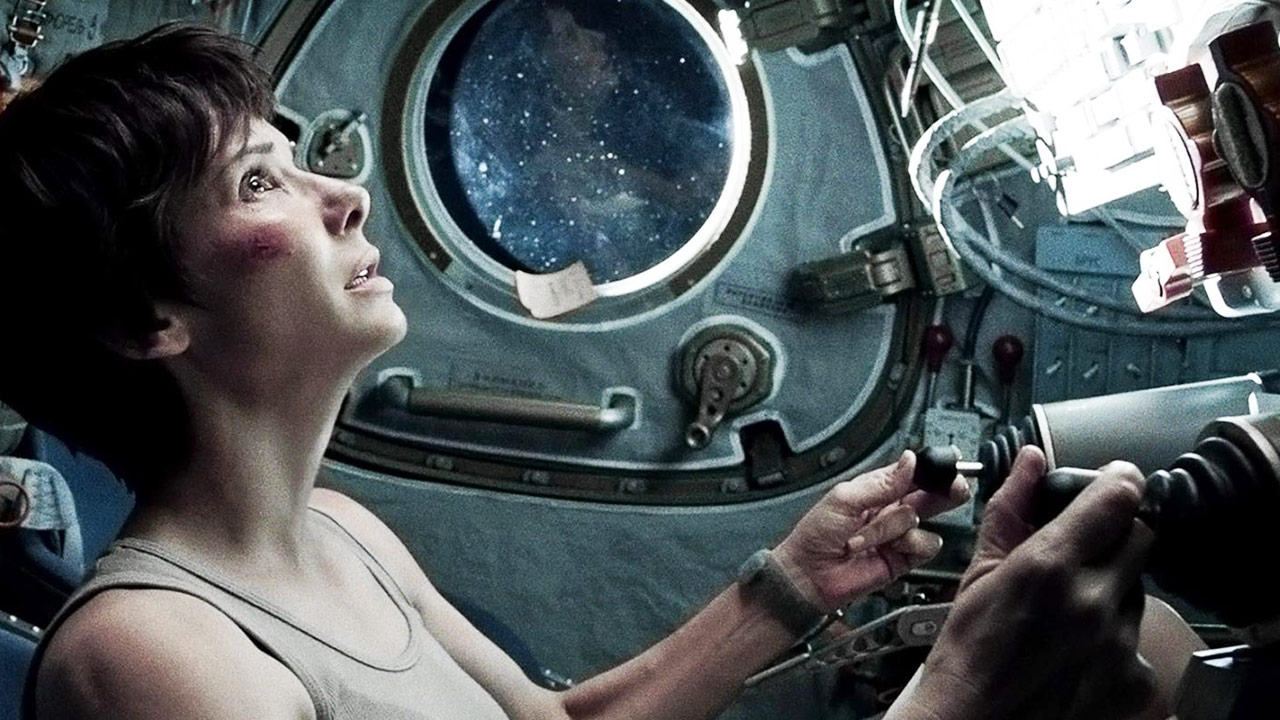
Gravity (2013)
Alfonso Cuarón’s orbiting survival story follows biomedical engineer Ryan Stone (Sandra Bullock), who on her first space mission, alongside veteran astronaut Matt Kowalski (George Clooney), loses the tiny tether they have to safety. Swathed in silence, with a vast blackness looming, the pair try to jump from one temporary way stop to the next while Ryan confronts past trauma. The structure and motivation is straightforward, but the setting keeps changing your expectations—a fire in a zero-gravity environment is entrancing.
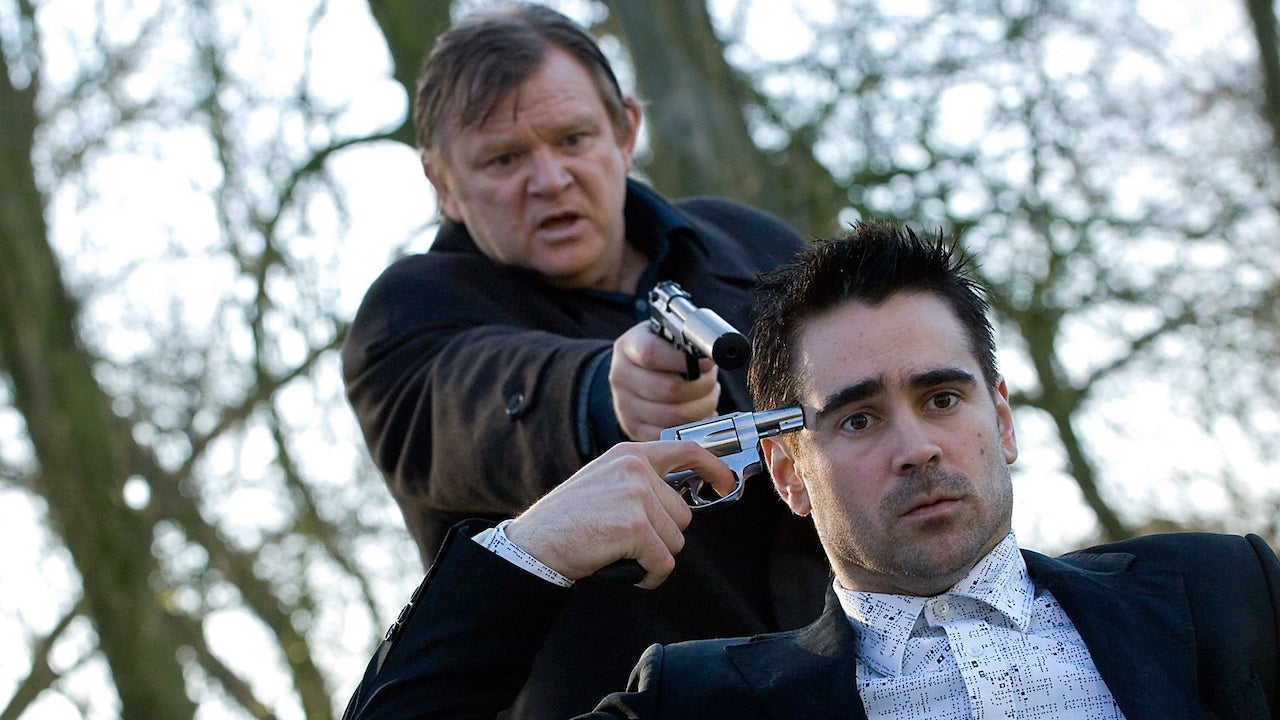
In Bruges (2008)
The feature debut of Irish playwright Martin McDonagh was a pithy and blackly comic crime drama about two hitmen—a simpatico Brendan Gleeson and Colin Farrell—hiding out in Belgium after a job goes wrong. It’s a post-Tarantino crime flick, but McDonagh’s writing allows for mordant humour, ludicrously logical conversations, and a kind of spiritual transference, before Ralph Fiennes arrives as the duo’s terrifying boss.

Lady Bird (2017)
Greta Gerwig’s potent ability to get to the heart of a story and see it anew was readily apparent in this jolting, bittersweet coming of age feature, where Saoirse Ronan and Laurie Metcalf play a warring high school student and her pragmatic mother. The supporting cast is incisive, the autobiographical lessons soulfully real.
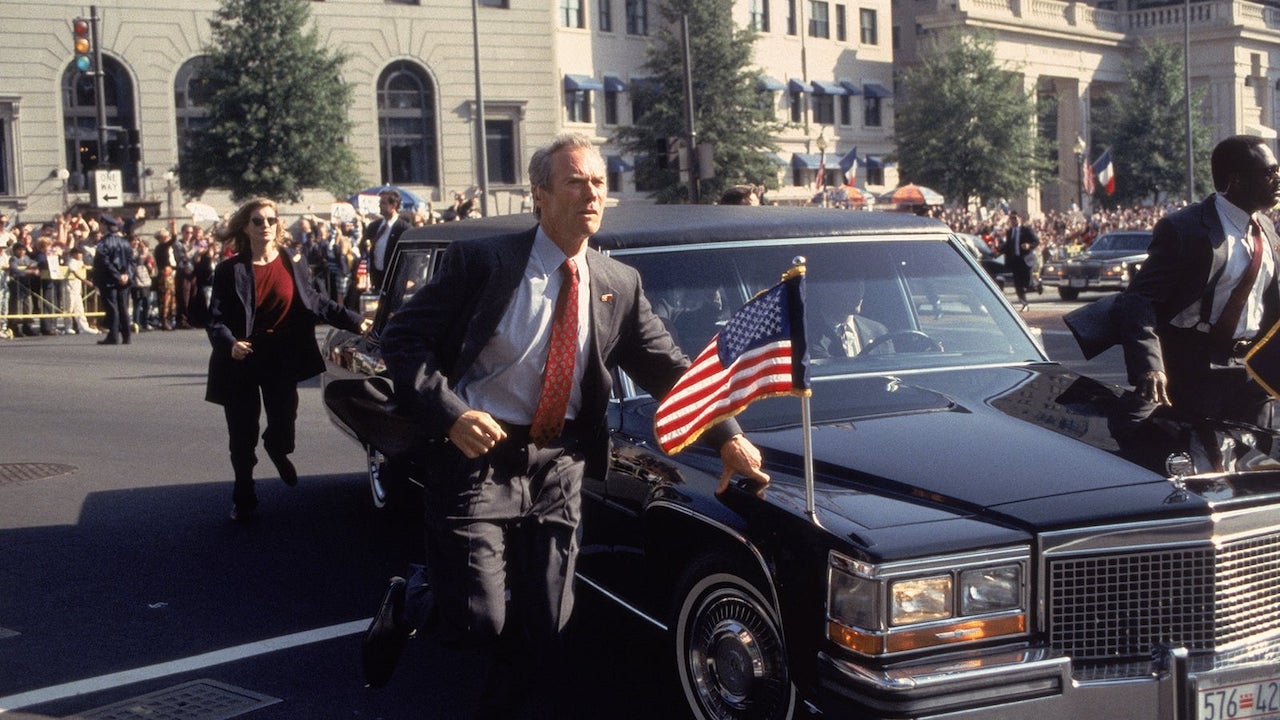
In the Line of Fire (1993)
In Wolfgang Petersen’s taut thriller Clint Eastwood plays a veteran U.S. Secret Service agent pursuing a vengeful Presidential assassin (a malevolent John Malkovich) who torments him at every turn. The film is threateningly tense, but also wise to the pair’s intimate relationship. “You have such a strange job,” the killer tells the bodyguard, “I can’t decide if it’s heroic or absurd.”
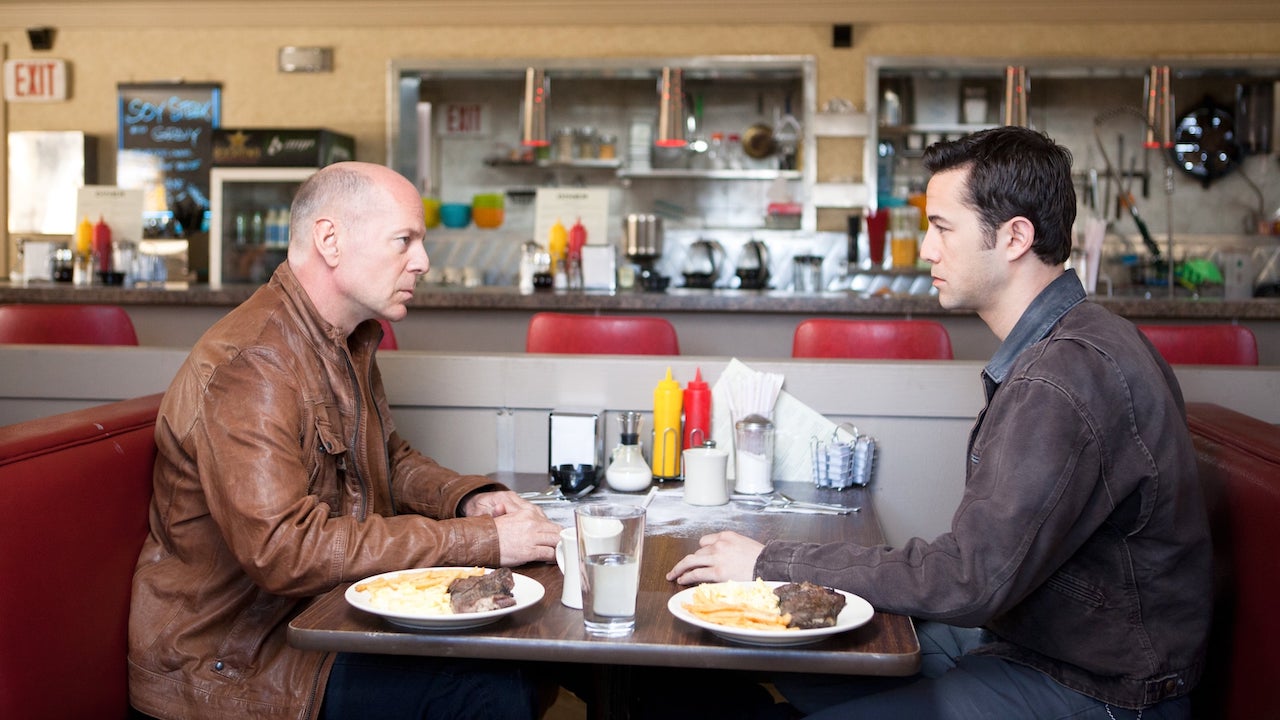
Looper (2012)
Directed by Rian Johnson (Knives Out) and set in a depressed future America, this is the rare time-travel drama where the mechanics of the act are equal to the emotional ramifications. Joseph Gordon-Levitt is the assassin for a crime cartel that sends its victims back in time, but he panics when his next assignment is his older self, played by Bruce Willis, resulting in an entanglement both visually assured and philosophically rich.
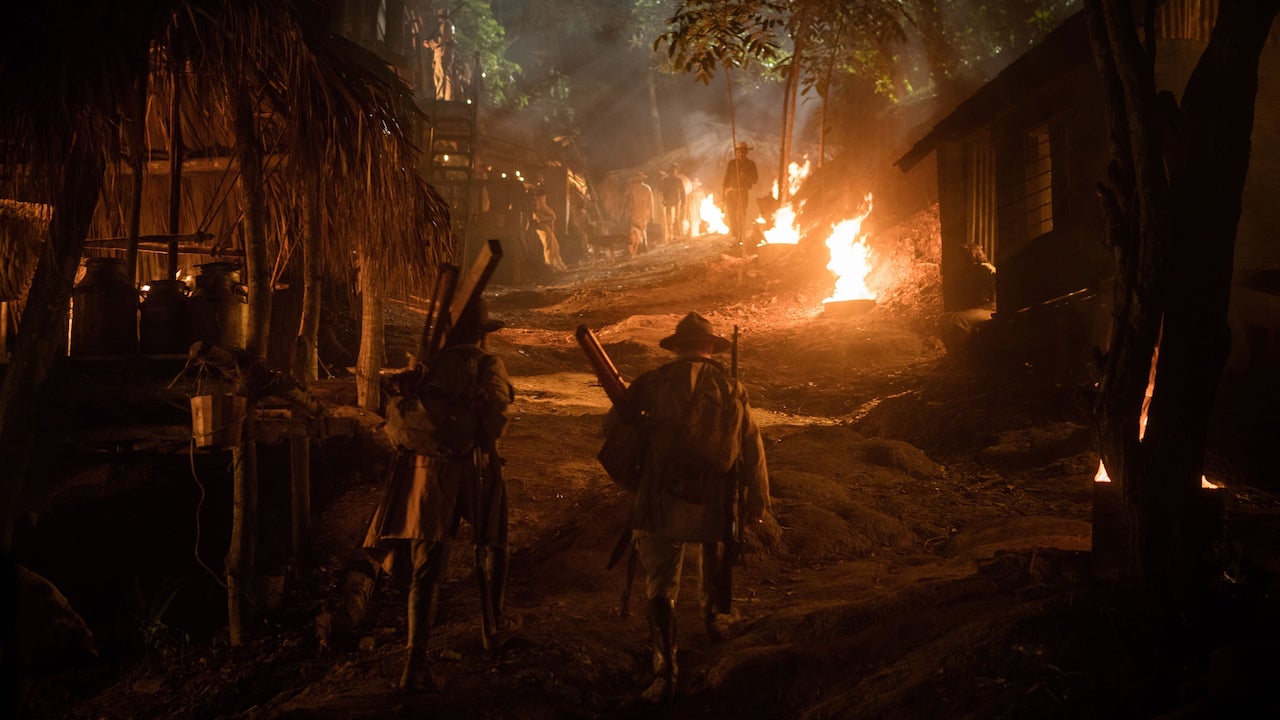
The Lost City of Z (2016)
Writer/director James Gray reworks the historic epic, giving intimate yearning and telling detail to the story of a British explorer (Charlie Hunnam) consumed by his explorations—alongside a sly Robert Pattinson—in an Amazon jungle that comes alive with consumptive breadth.
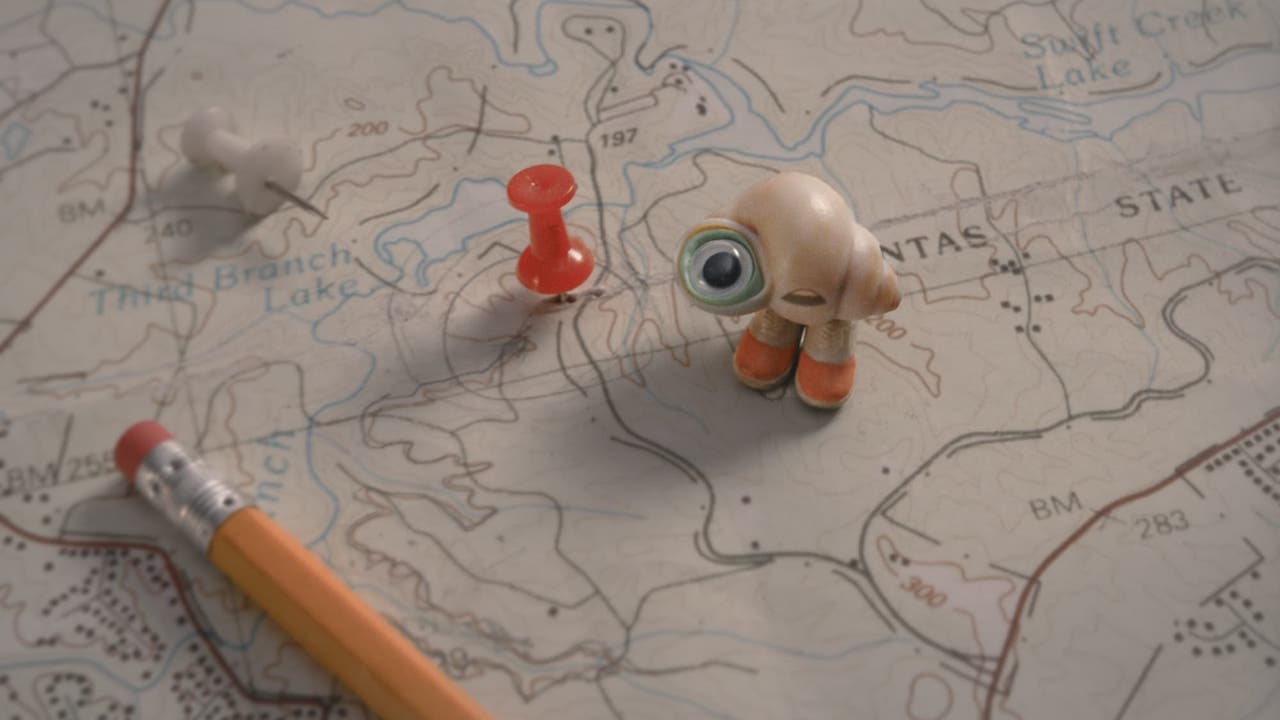
Marcel the Shell with Shoes On (2021)
Clear your head of expectations and let this whimsical but deeply genuine mockumentary transport you. A mix of live-action and stop-motion, it’s a tiny window into the world of Marcel (voiced by Jenny Slate), a mercurial little shell living with his grandmother shell (Isabella Rossellini) amidst a filmmaker’s Los Angeles home. The movie is in turn droll, ingenious, and heartbreaking.
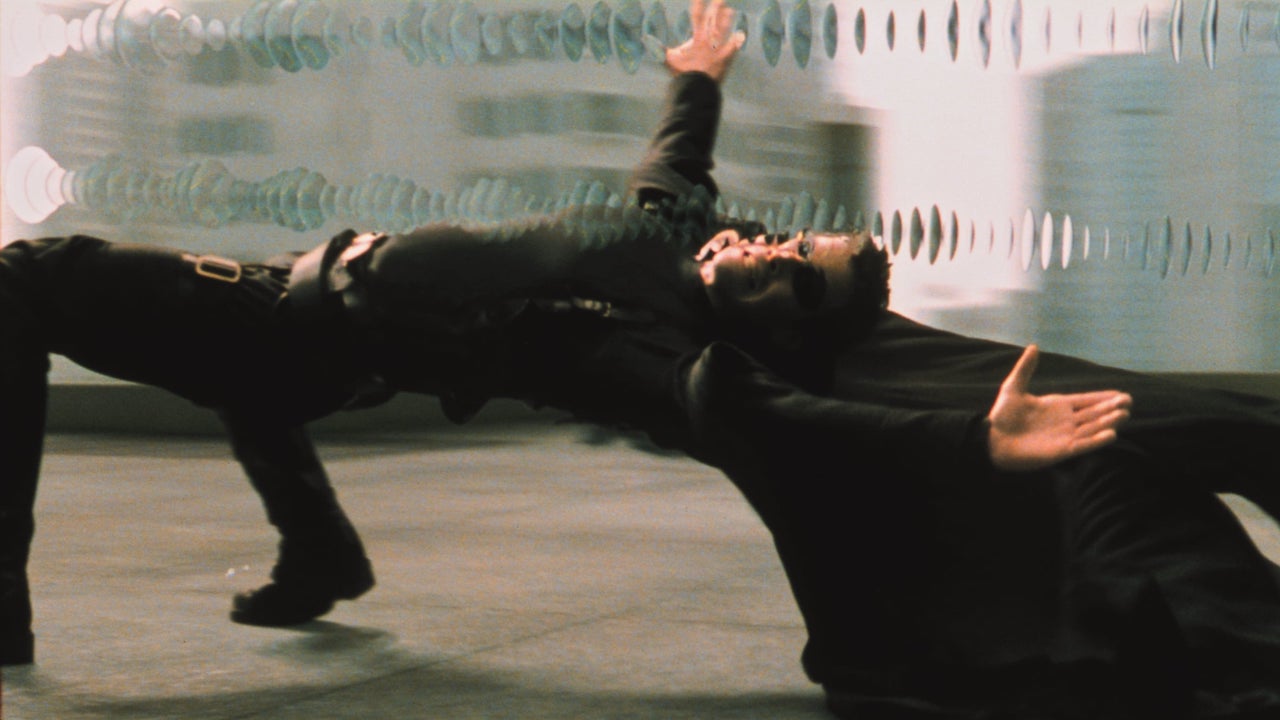
The Matrix (1999)
A game-changer. Made both about and with technology’s power, The Wachowski’s science-fiction blockbuster set in a machine-run future alternately accentuated and abbreviated the action scene’s traditional narrative. Neo (Keanu Reeves) could defy gravity and human reflexes, and the film made his insurrectionary feats into intricate chamber-pieces that still dazzle.
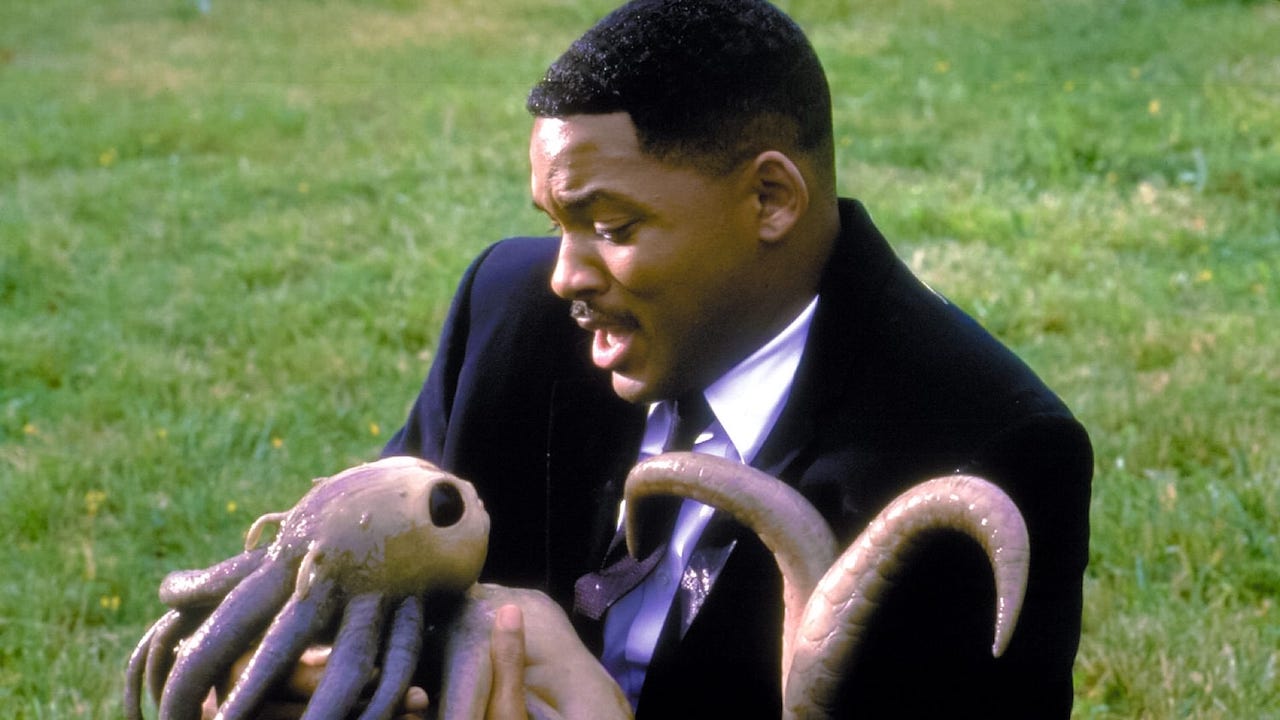
Men in Black (1997)
Directed by Barry Sonnenfeld in the creative window where his mordant instincts had a delightful pop of the fantastic, Men in Black sees Tommy Lee Jones school Will Smith in an action-comedy about the human agents who secretly police the alien exiles living undercover on Earth. It’s a film of note-perfect contrasts: Jones’s dryness and Smith’s spark, plus the wild comic book concept and the matter-of-fact execution.
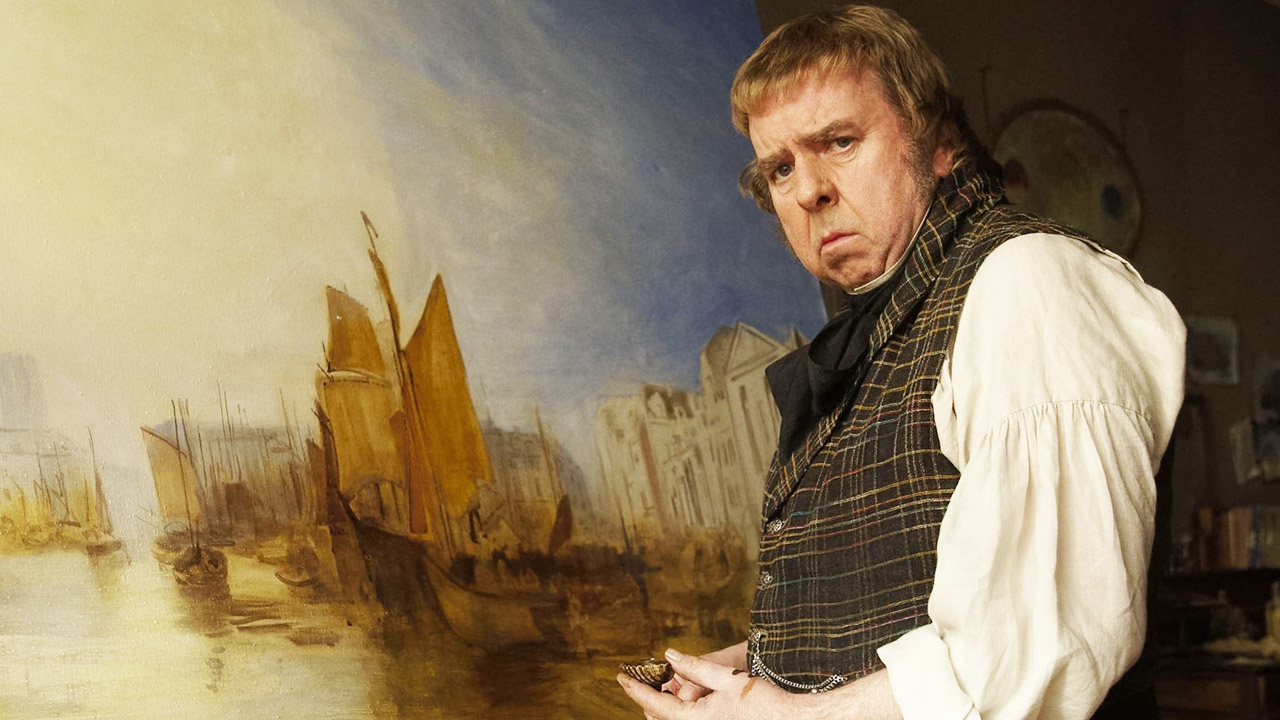
Mr. Turner (2014)
With a quietly magnificent Timothy Spall as the now revered 19th century English artist J.M.W. Turner, Mikes Leigh uses the demands of an artistic life to remake the period biopic. Obsessive in his desire to capture light, but trailed by the darkness of commerce and compromise, this drama of status and compromise discovers the transcendence of legacy.
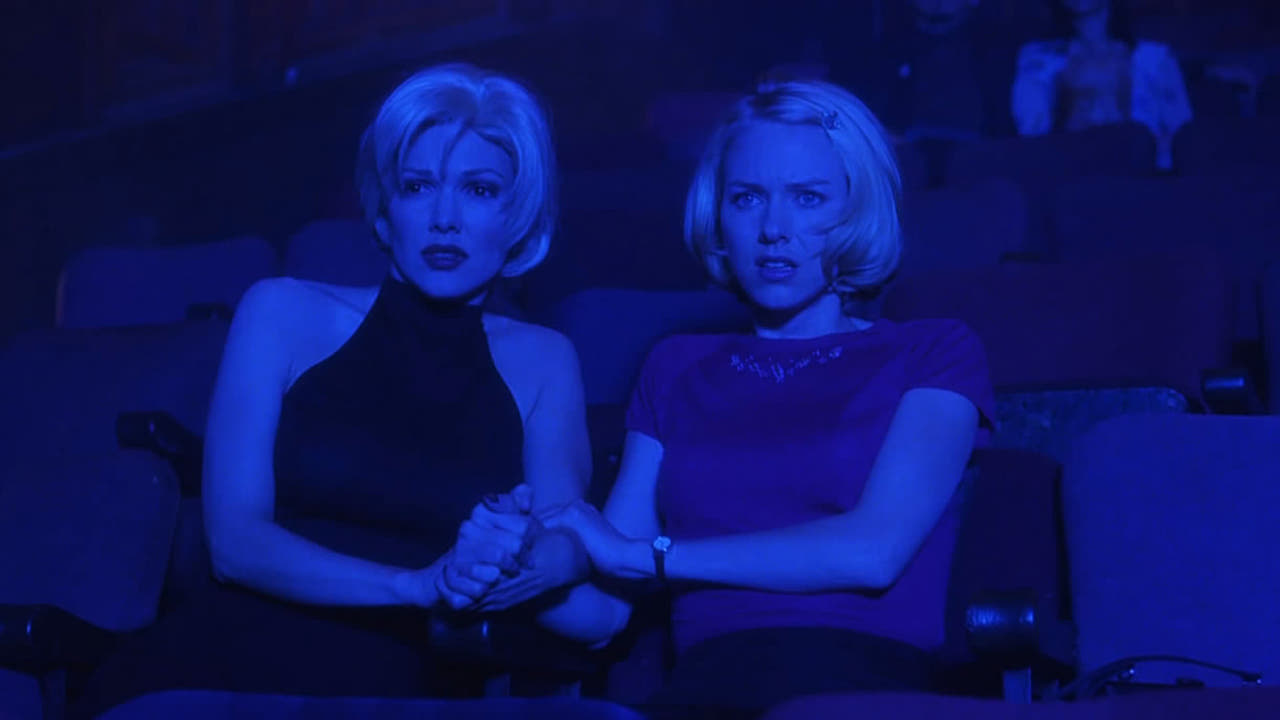
Mulholland Dr. (2001)
One of the best—that is deeply inexplicable and hauntingly resonant—movies of this century, David Lynch’s film noir-like journey is a mystery about identity that resides in the subconscious of the filmmaker and his characters, especially Naomi Watts’ new to Los Angeles ingénue.
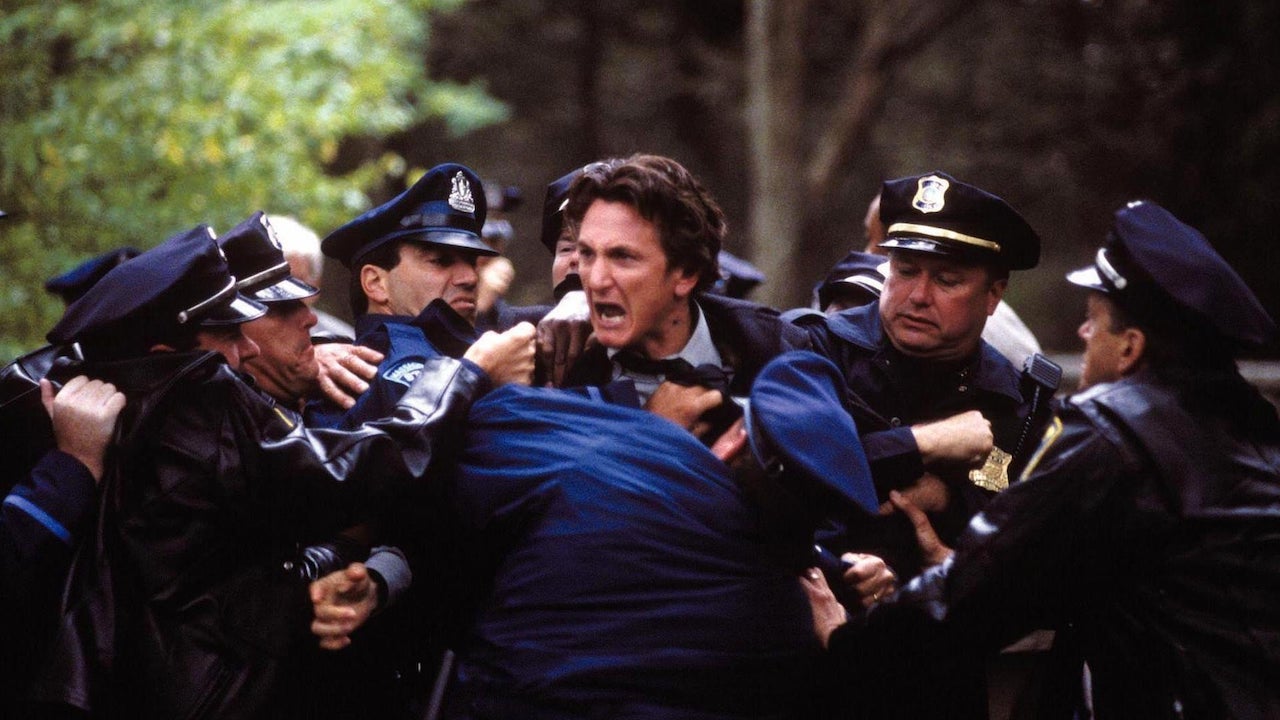
Mystic River (2003)
Among the handful of Clint Eastwood’s greatest movies as director, this mournful Boston crime thriller follows a trio of men—played by Sean Penn, Kevin Bacon, and Tim Robbins—who are both connected and poisoned by childhood trauma. In adapting Dennis Lehane’s novel, Eastwood reveals how violence is not the only option, but that sometimes it’s the most attractive, and sadly necessary, one.
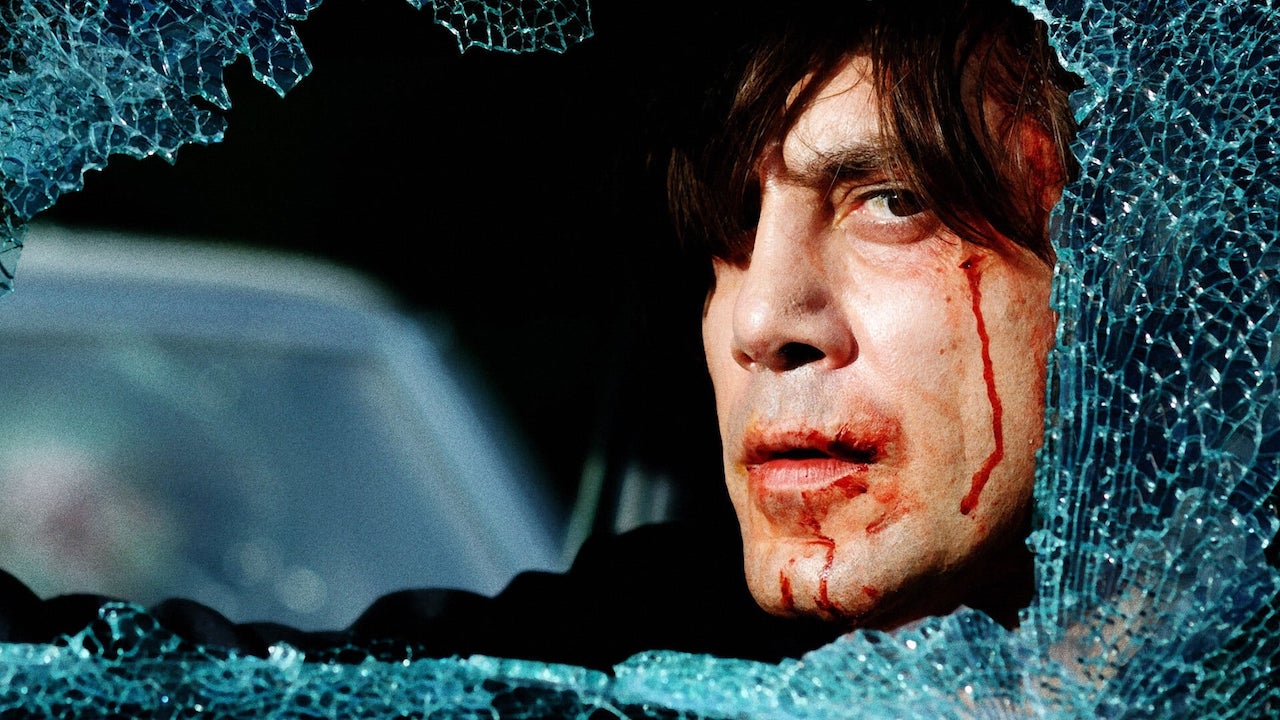
No Country for Old Men (2007)
Set both on the U.S.-Mexican border in 1980 and in a realm of eternal, otherworldly violence, Cormac McCarthy’s novel became a terrifyingly taut neo-western pursuit as a Vietnam War veteran (Josh Brolin) attempts to hold onto drug cartel cash he has found even while a nightmarish assassin (Javier Bardem) pursues him. Tommy Lee Jones’ closing monologue is the definitive scene in his entire career.
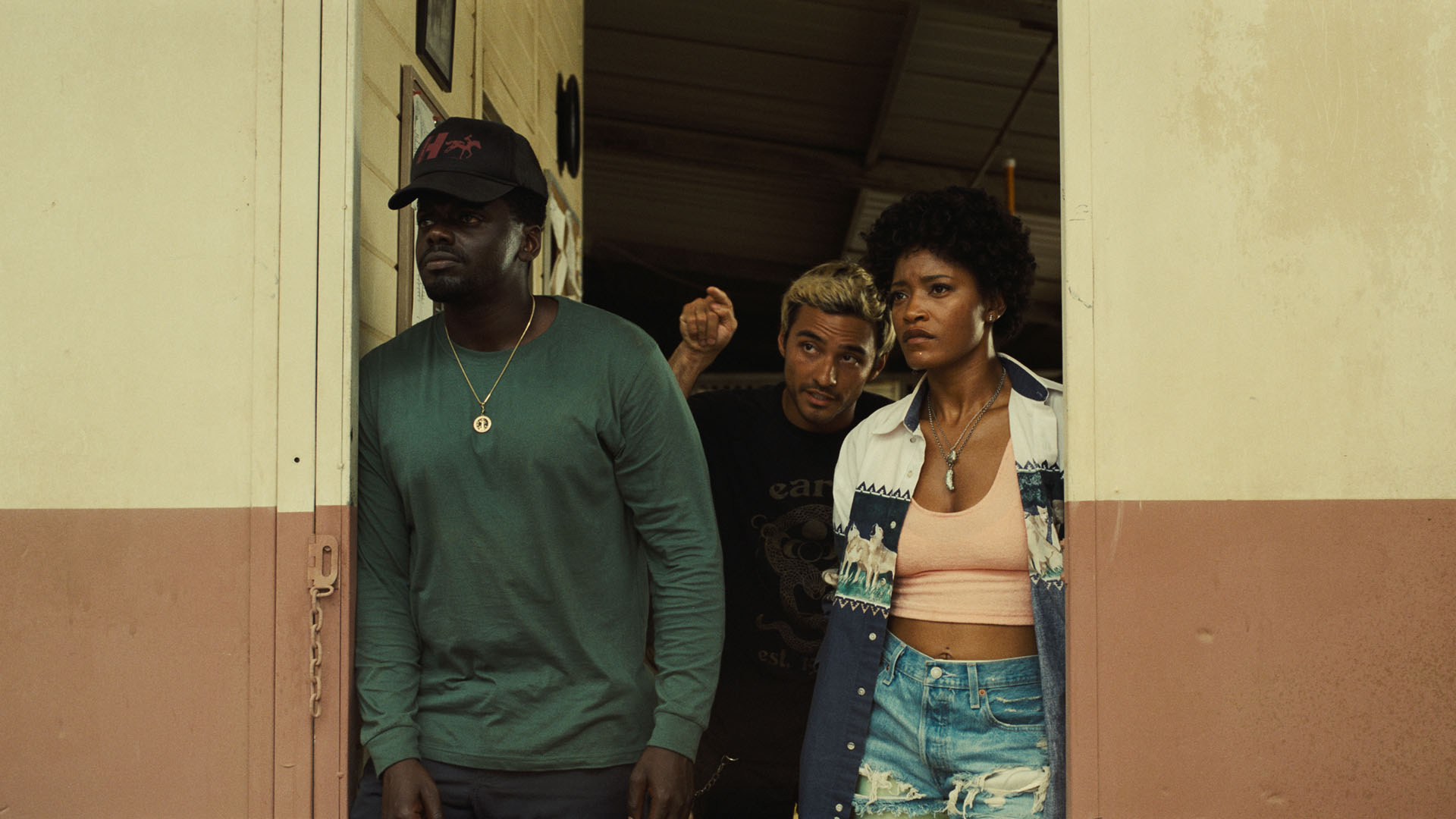
Nope (2022)
Underpinned by the alchemy of Daniel Kaluuya and Keke Palmer as oil and water siblings, Jordan Peele’s third feature is a western as science-fiction mystery, set around the house and stables of a Californian family who set out to discover what an aberration in the sky might be. The suspense and the humour are equally sharp, with a haunted supporting performance from Steven Yeun as a traumatised former child star that’s difficult to forget.
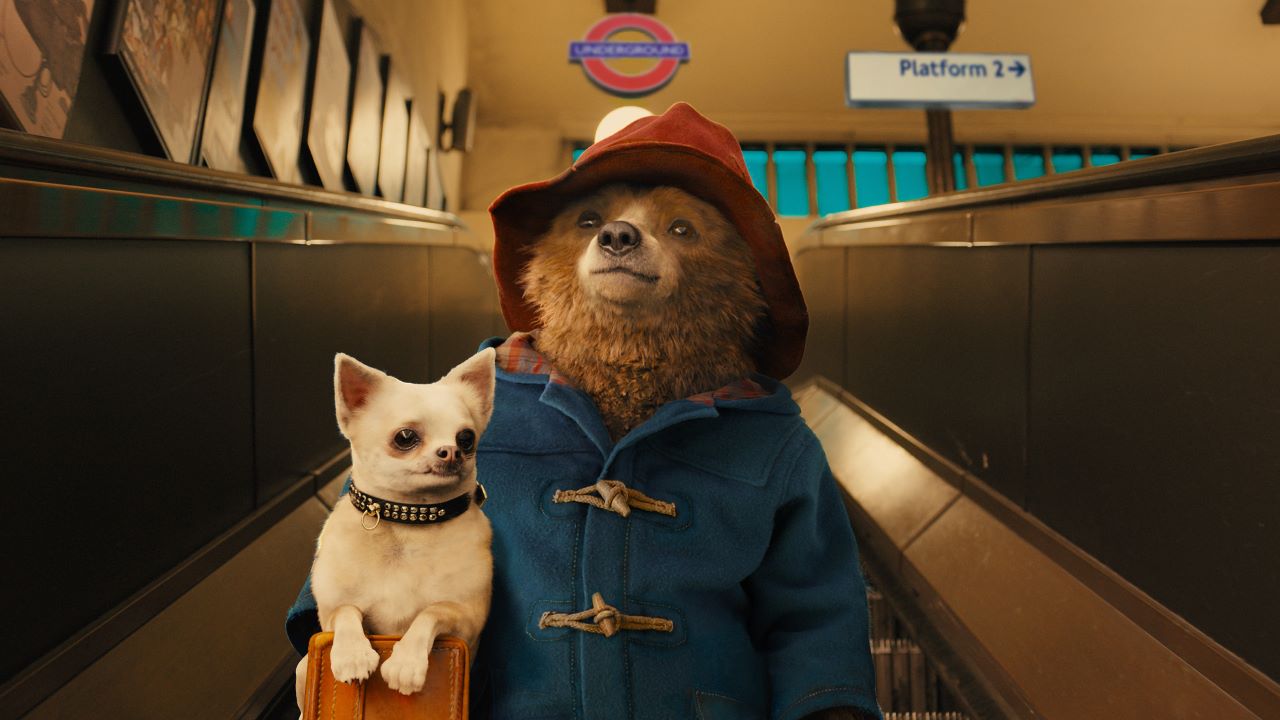
Paddington (2014)
The best family film of the last decade, rich with inviting design and repellent of xenophobia, allows the gentle antics of a Peruvian bear new to London (voiced by Ben Whishaw) to save a family, bestow a purpose, and defy Nicole Kidman’s cartoonish villain. An absolute delight.
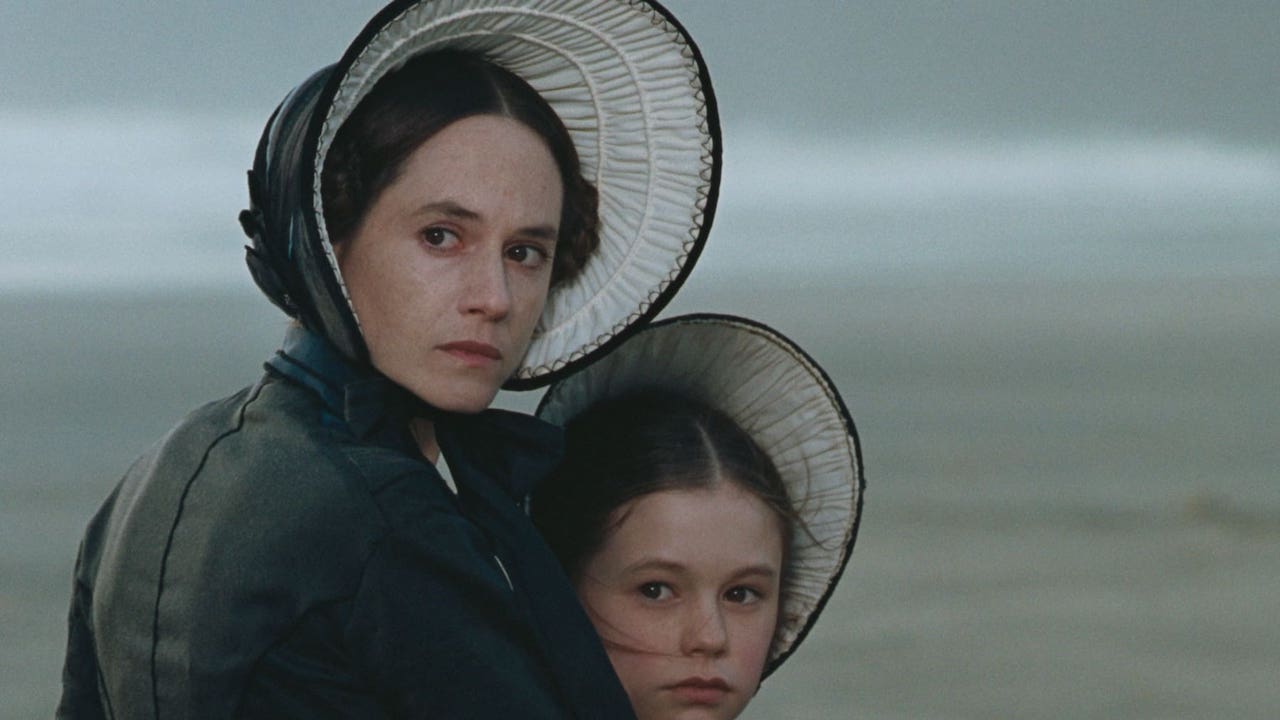
The Piano (1993)
With the fiercely unyielding New Zealand landscape as the backdrop, Jane Campion’s masterful period drama is a story of female agency told through a 19th century newcomer (Holly Hunter), the fiancé she doesn’t know (Sam Neill), and his employee who pursues her (Harvey Keitel). It’s a ravishing film, evocative and likes it lead defiantly inexplicable.
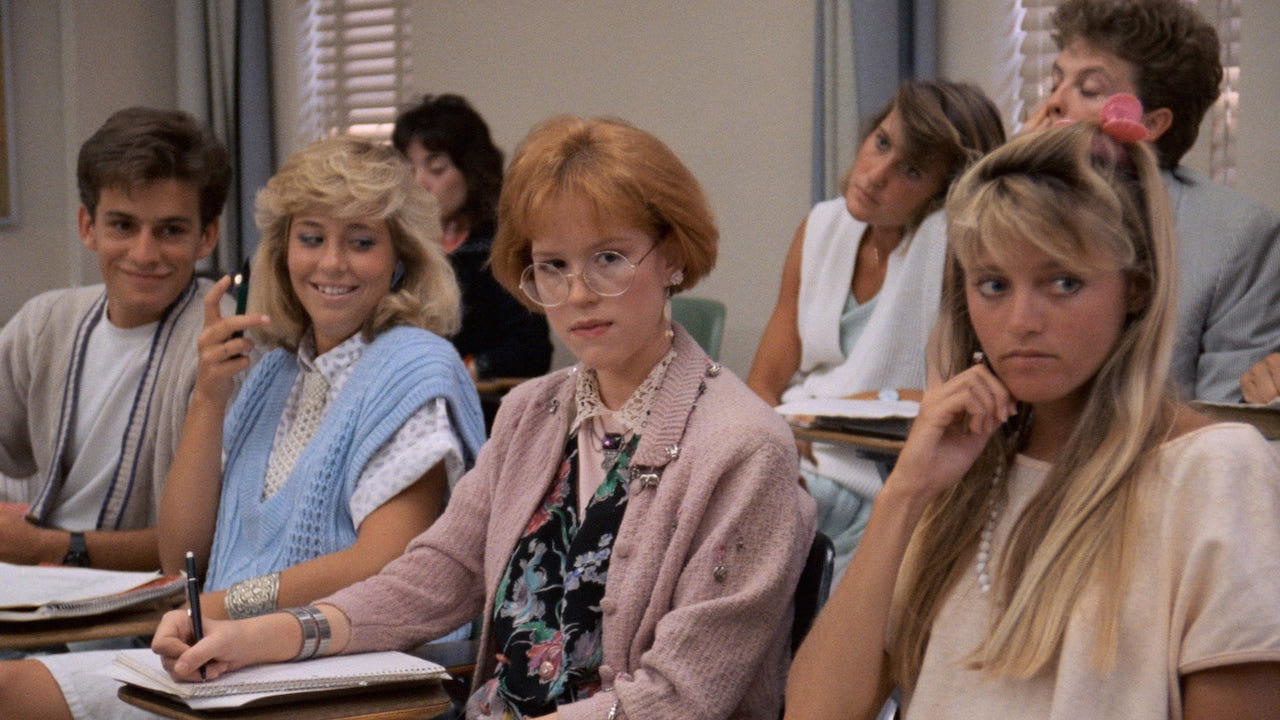
Pretty in Pink (1986)
The best of John Hughes 1980s teen movies—directed with yeoman-like attentiveness by Howard Deutch—is a coming-of-age tale for high school senior Andie (Molly Ringwald) that is alert to class, attraction, and the sheer uncooperative struggle of adolescence. And the soundtrack slays.
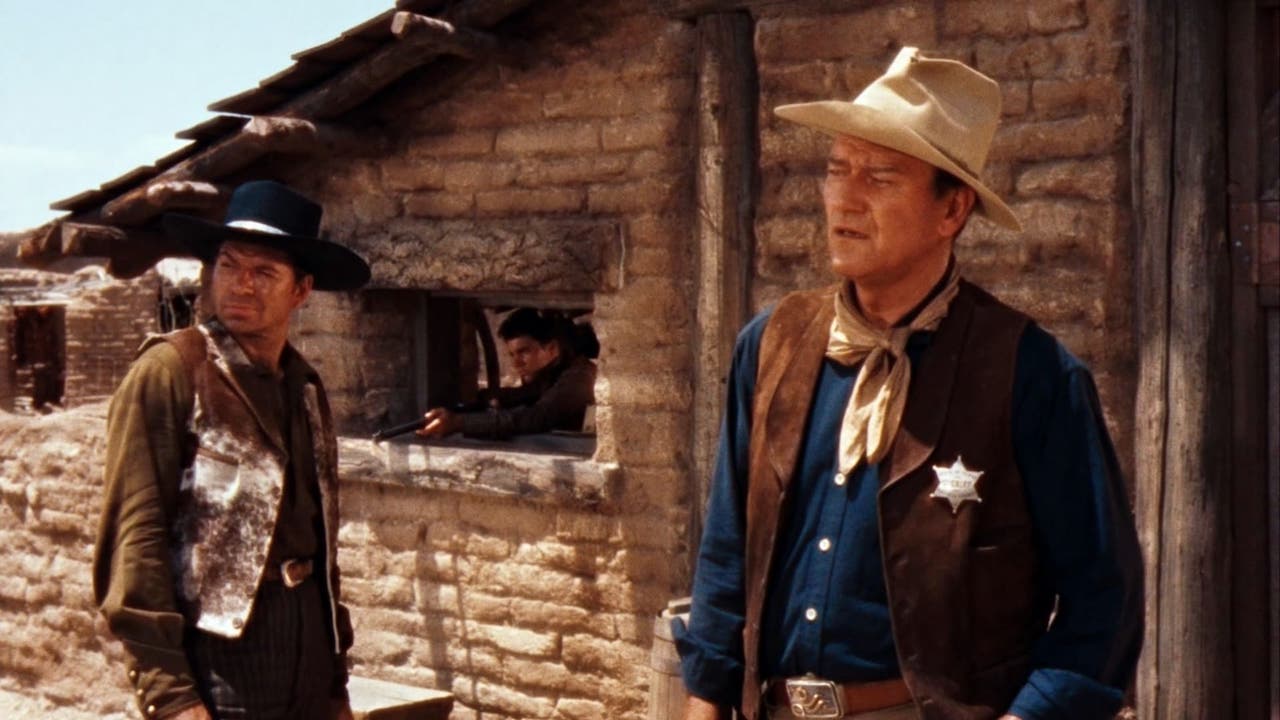
Rio Bravo (1959)
The last great film from one of Hollywood’s greatest filmmakers—albeit in a time where nobody ranked moviemakers that way—Howard Hawks’ western adheres to masculine tradition and features crisply composed action sequences, but it also reveals a surprising emotional range and unusual insight. John Wayne plays a frontier sheriff with a prisoner awaiting an armed rescue, his only support a one-legged deputy (Walter Brennan), a newly sober old friend (Dean Martin), and a forthright showgirl (Angie Dickinson).
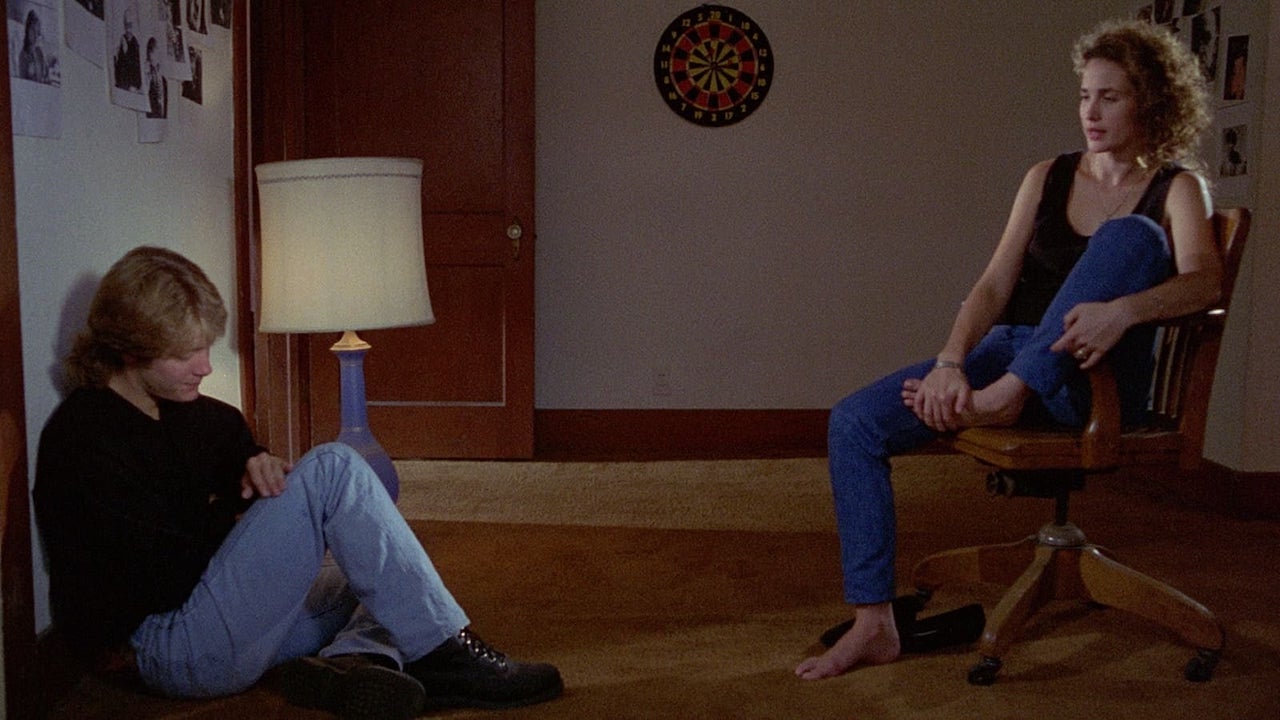
sex, lies & videotape (1989)
Watch on BingeA sounding board for dissatisfaction with the 1980s and a touchstone title in James Spader’s uneasy screen career, Steven Soderbergh’s Palme d’Or-winning debut feature about a drifter (Spader) who interviews women about their sexual history remains a fascinating work that is thankfully frank rather than risqué. Andie MacDowell is perfectly cast as a repressed subject who pierces his static.
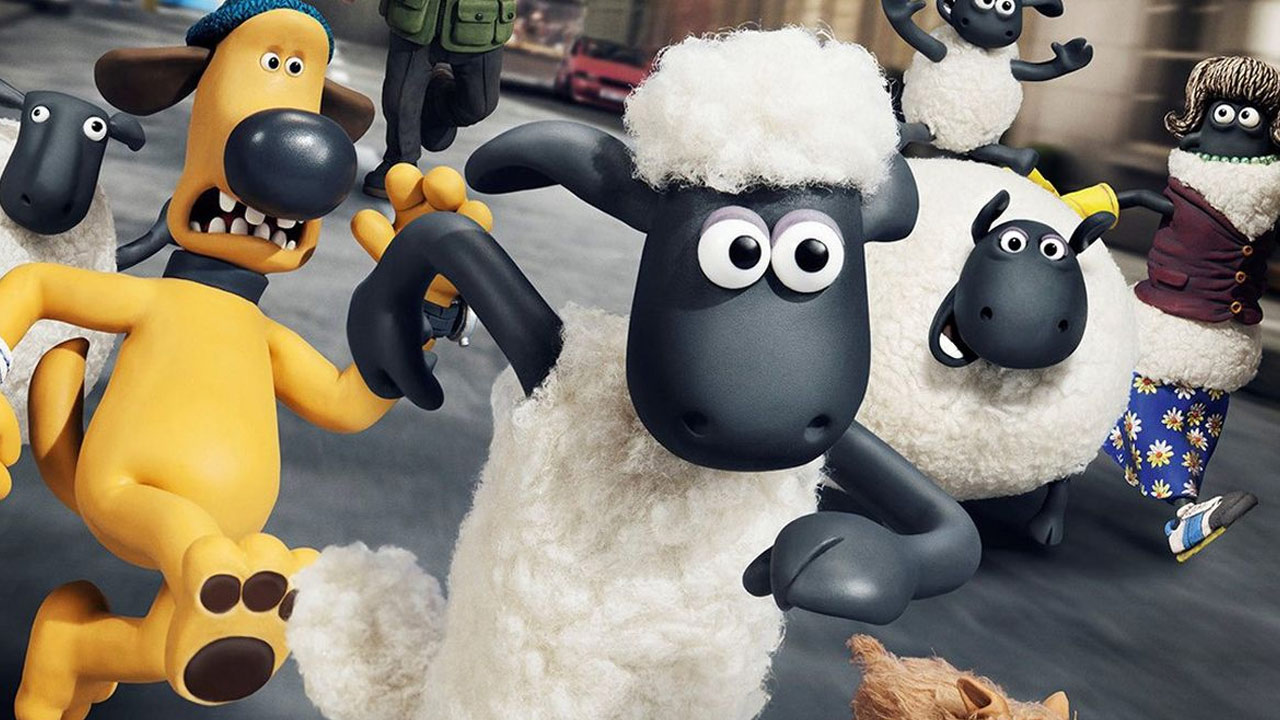
Shaun the Sheep Movie (2015)
Aardman’s stop motion animation hit moved from TV to cinemas with this expressive adventure in which the crew from Mossy Bottom Farm, led by the irrepressible Shaun, go to town. Mostly free of dialogue, the narrative is driven by all-ages gags, silent movie techniques and genuine empathy. It’s a delight.
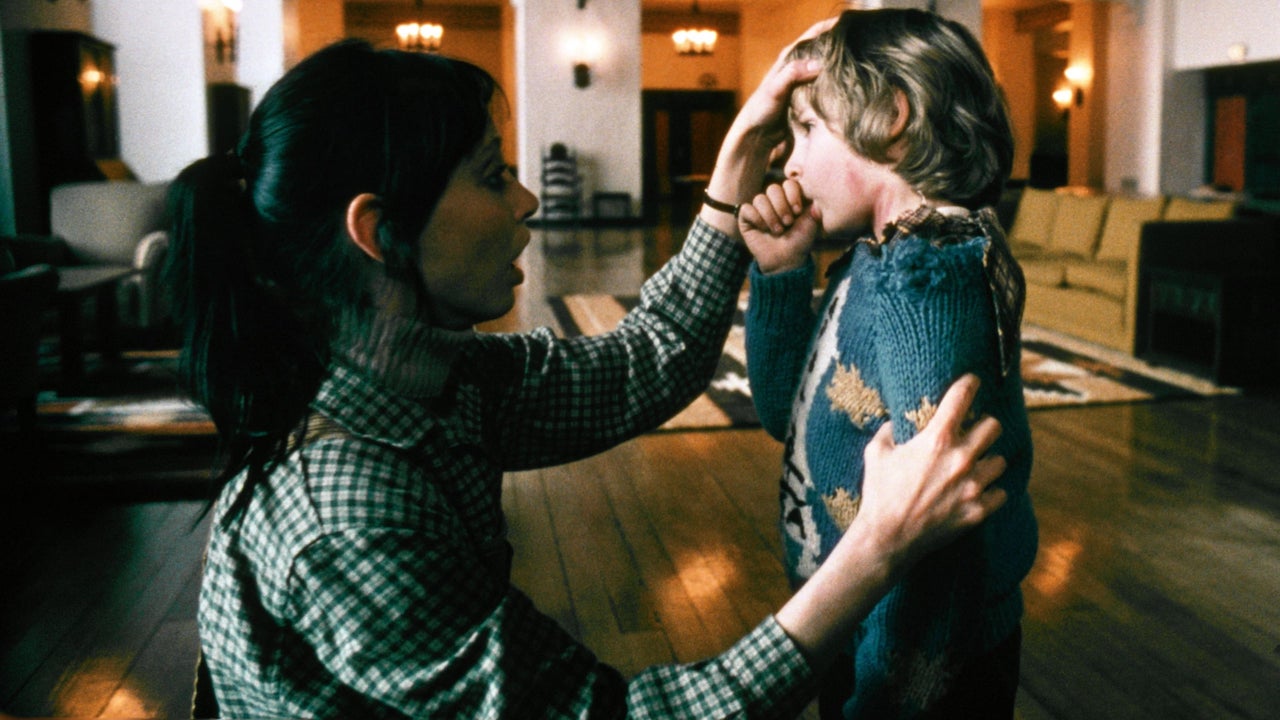
The Shining (1980)
In a way every title from the final decades of Stanley Kubrick’s career was a horror movie, but when he fully committed with an adaptation of the Stephen King story about a writer falling insanity at an empty holiday resort the result was a terrifying tale of exemplary technical control and unhinged risk. Jack Nicholson’s plagued protagonist was the scary extreme of his wolfish cool writ monstrously large.
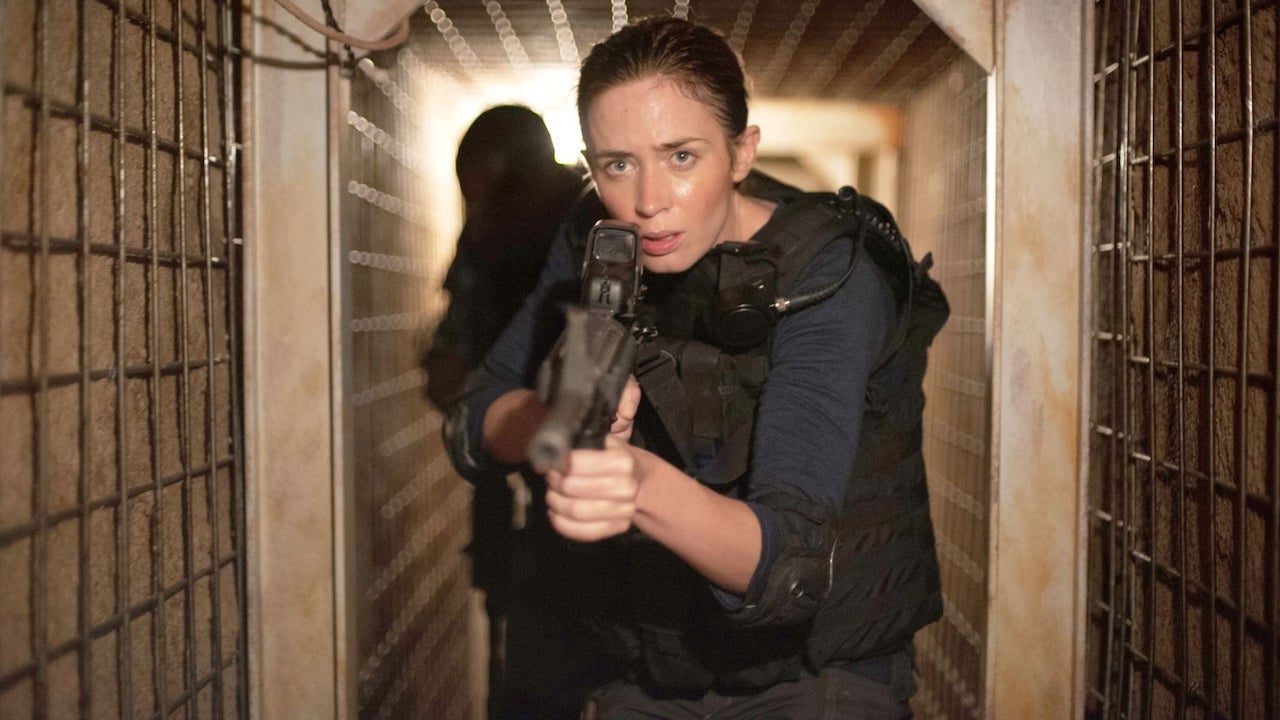
Sicario (2015)
A horror film told through female endurance, Denis Villeneuve’s crime thriller stars Emily Blunt as an FBI door-kicker seconded to a drug cartel task force, menacingly staffed by Josh Brolin and Benicio Del Toro, whose purpose is at odds with her belief and, ultimately, her safety.
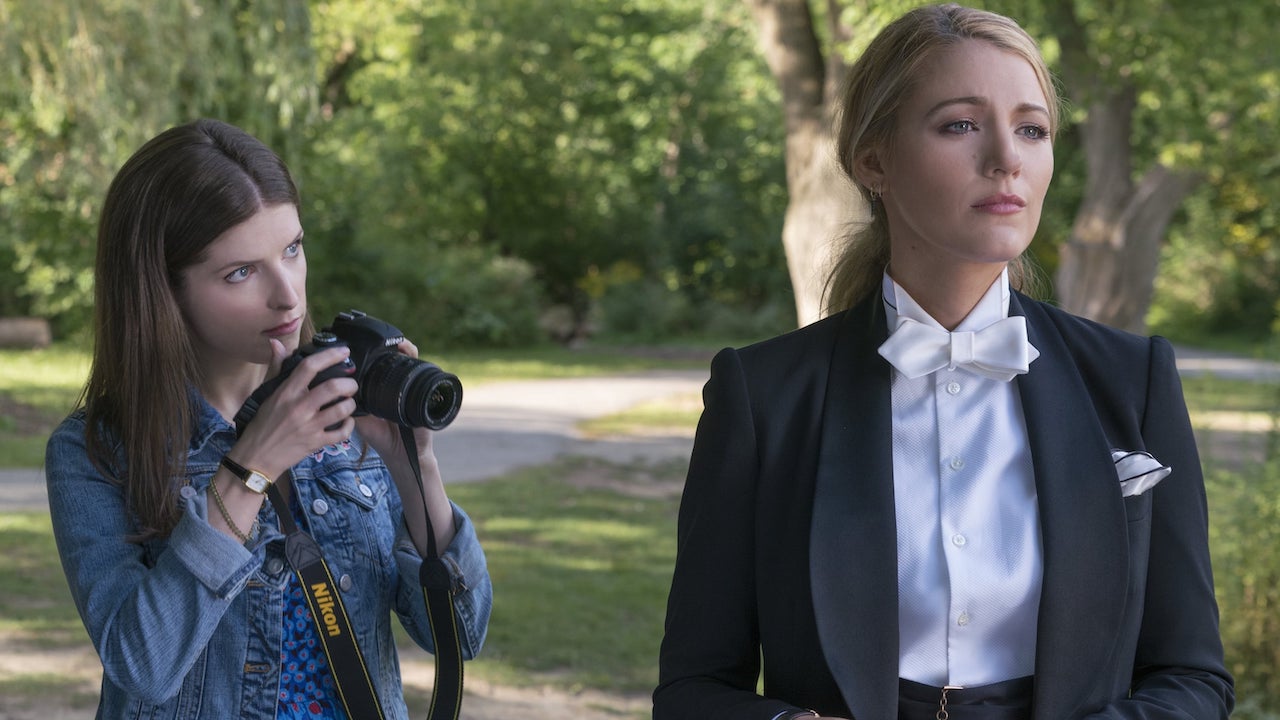
A Simple Favour (2018)
Paul Feig updates the camaraderie and competition of female friendship for the influencer age with this wildly knowing and genre-defying melodrama about school mums—Anna Kendrick’s over-achiever and Blake Lively’s flamboyant publicist—whose friendship becomes a mystery when one of them disappears.
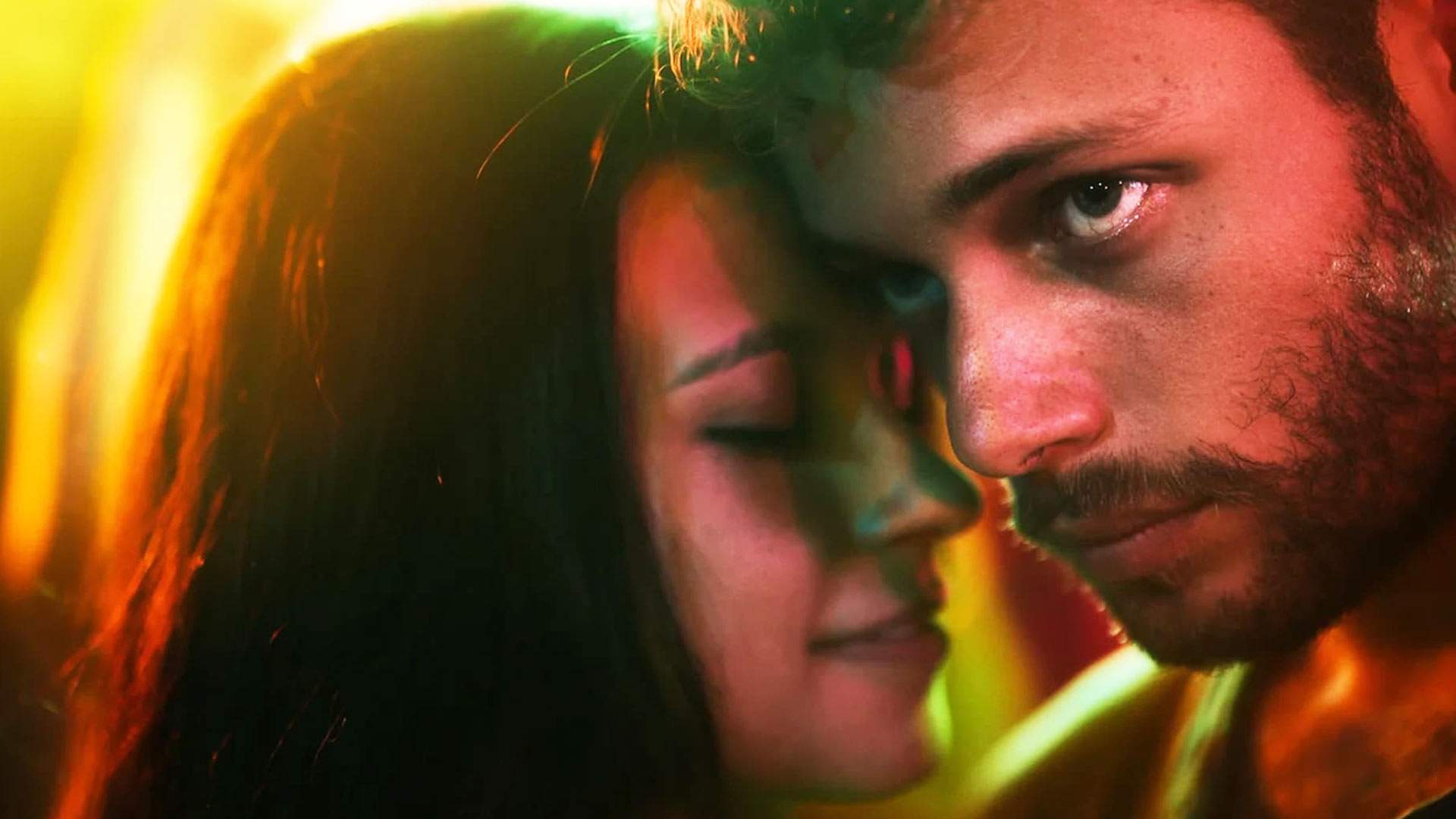
Summertime (2015)
The physical and the philosophical have rarely been so intertwined as in this 70s-set French drama about a young woman from a farming family, Delphine (Izia Higelin), who goes to Paris to study and falls in love with a women’s rights activist, Carole (Cecile de France). Their values and love is tested when Delphine returns home, director Catherine Corsini scrupulous in respecting every character’s outlook.
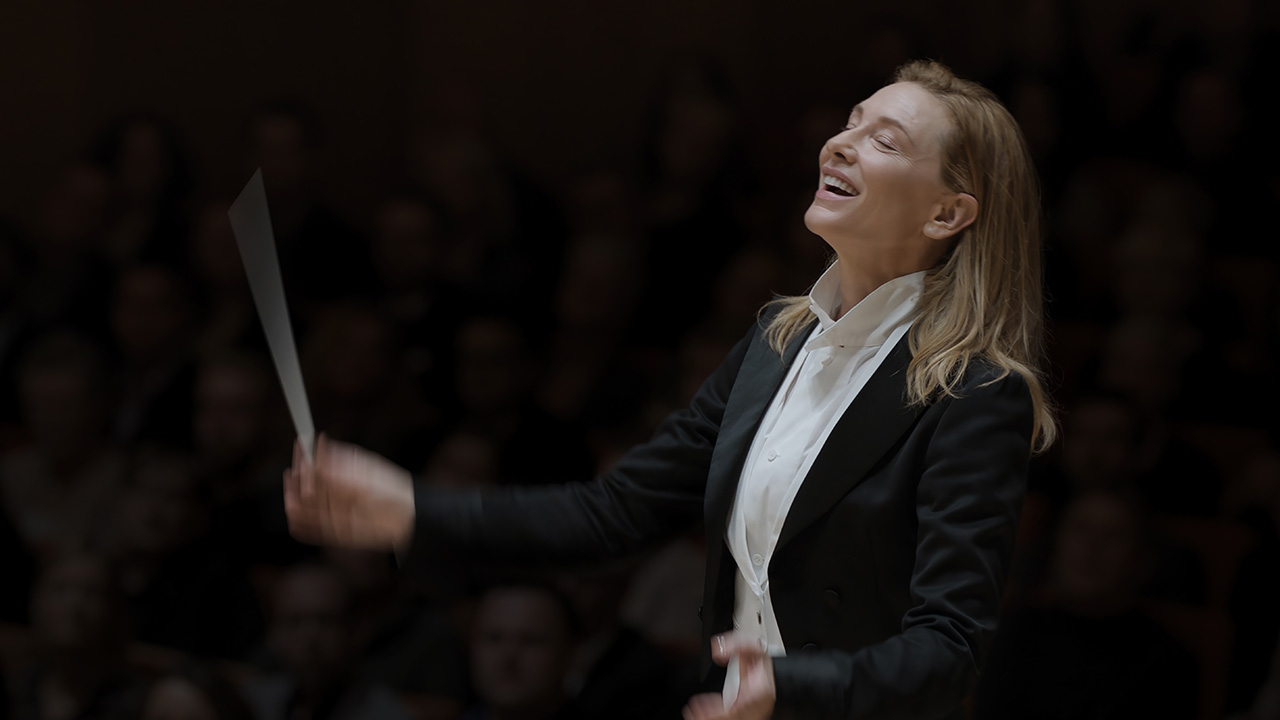
TÁR (2022)
In her remarkable career, where the most thrilling parts feel less like performances than the deepest of inheritances, Cate Blanchett may never have a role as exquisitely precise as Lydia Tár: an acclaimed symphony conductor and wielder of withering power whose privilege unwinds in this psychological thriller where writer/director Todd Field scrupulously reveals the character’s every malignancy. A stone-cold classic.
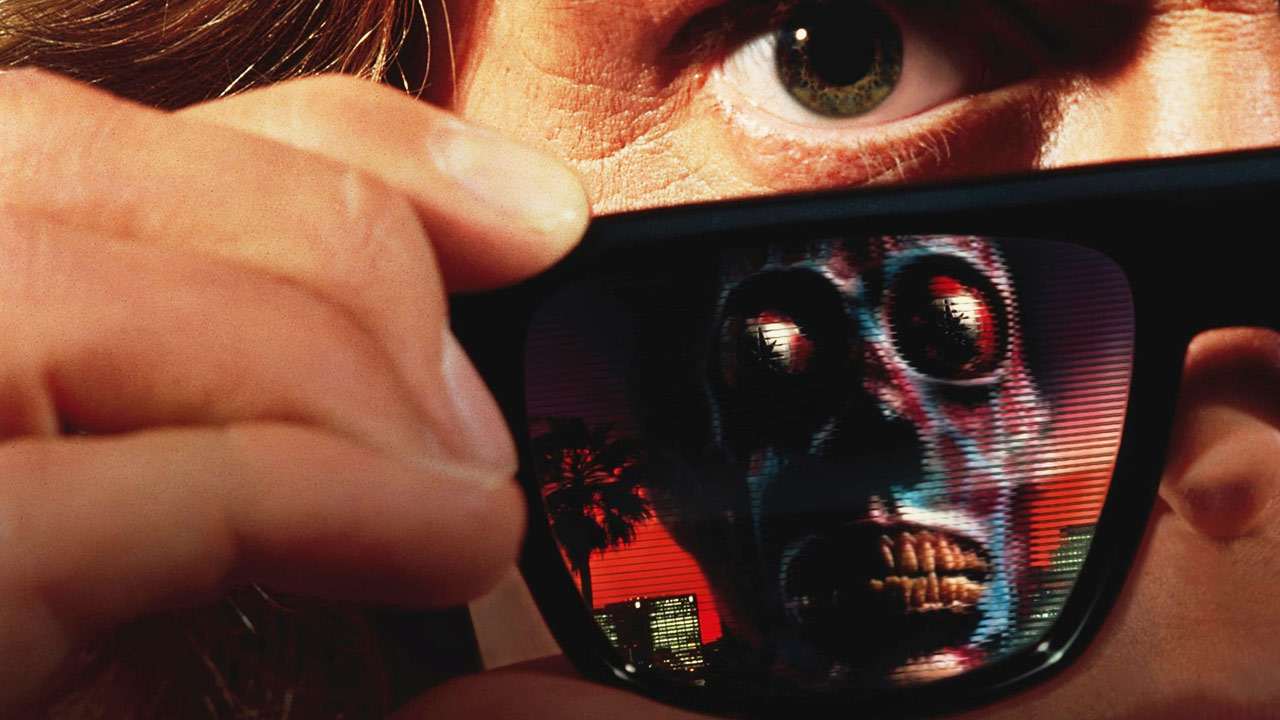
They Live (1988)
A pleasurable example of pulp and politics, John Carpenter’s science fiction B movie stars professional wrestler “Rowdy” Roddy Piper as a man-with-no-name drifter in Los Angeles, who comes to realise the wealthy really are different—they’re alien lizard people who use consumerism as a drug and inequality as a punishment. Let the righteous ass-kicking commence!
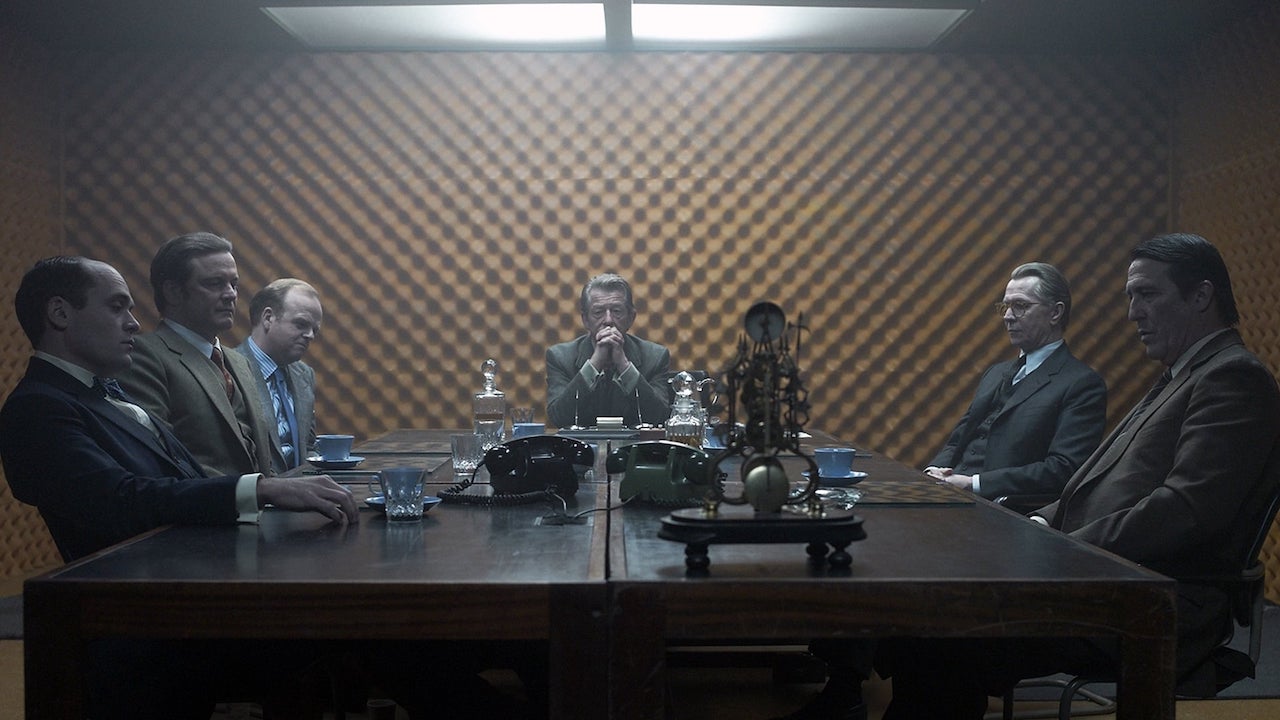
Tinker Tailor Soldier Spy (2011)
A sharp, scarifying espionage thriller that paints an acute picture of the paranoid mindset and 1970s Britain, Tomas Alfredson’s adaptation of John Le Carre’s Cold war masterpiece is a masterpiece of intricate subtraction—a ghostly labyrinth explained in tense moments and telling absences that’s navigated by Gary Oldman’s spymaster and an all-time British supporting cast.
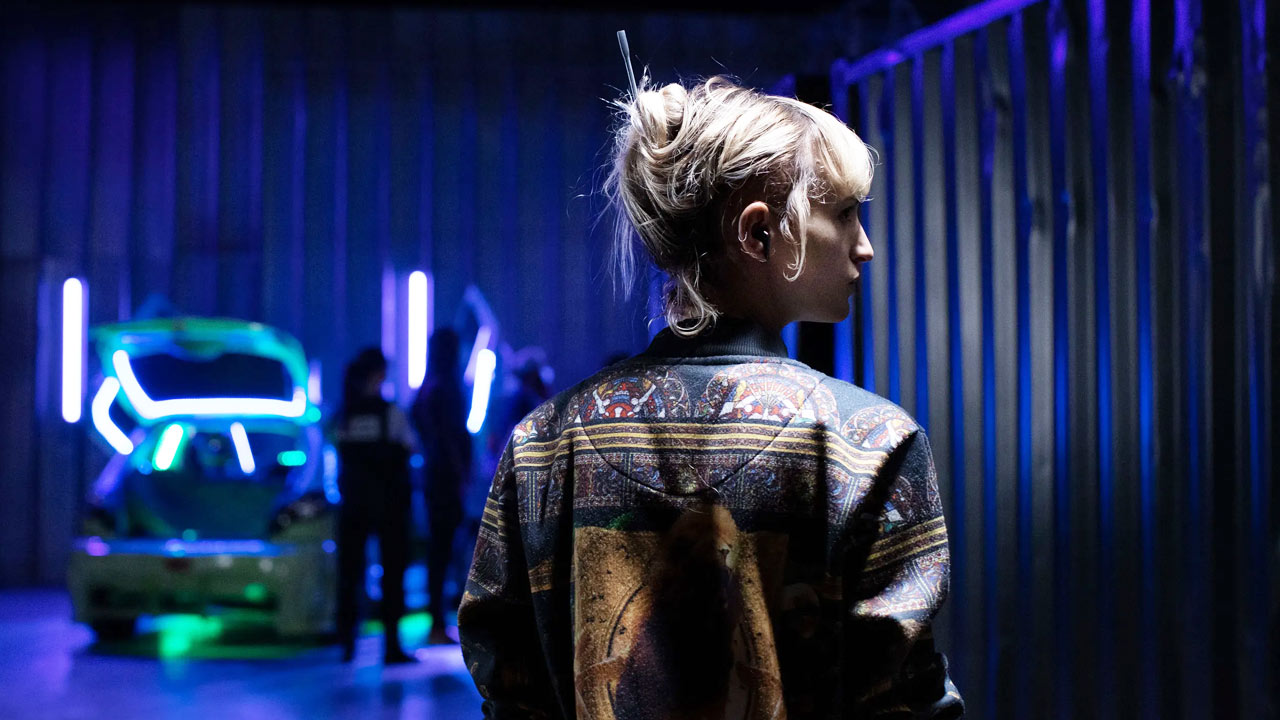
Titane (2021)
Not since David Cronenberg’s Crash has the melding of automobile and human body produced such a coldly ravishing study of love and self-acceptance. Agathe Rousselle is transfixing as Alexia, a young woman with a titanium plate in her head and a desire to commune with metal, in Julia Ducournau’s film, which like her debut Raw renewed the horror genre.
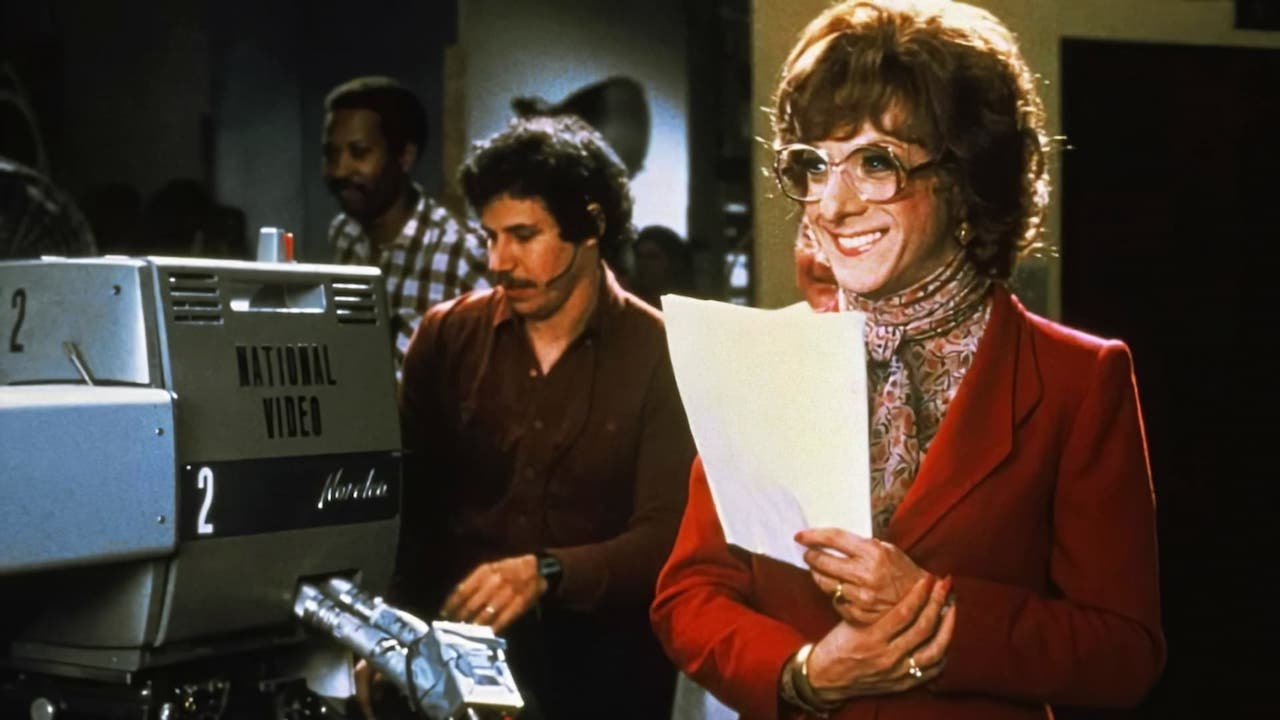
Tootsie (1982)
Star Dustin Hoffman and director Sydney Pollack reportedly argued their way through the shooting of his comedy about a testy actor who finds success on a soap opera by posing as a no-nonsense actress, but the result is farcical romantic-comedy the match of anything Hollywood produced in the 1930s. Jessica Lange and Bill Murray are note-perfect as respectively the complicated love interest and deadpan comedic foil.
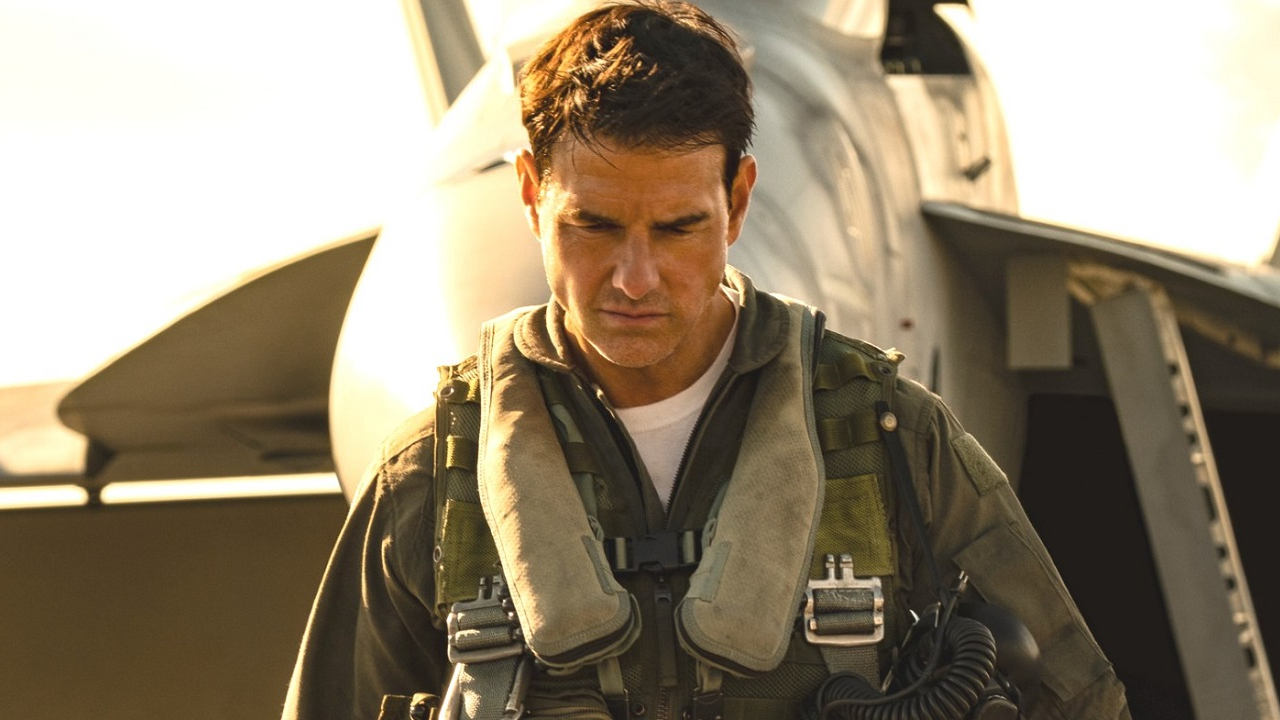
Top Gun: Maverick (2022)
A mere 36 years after the original Top Gun, Tom Cruise and director Joseph Kosinski managed to duplicate the feel of the Reagan-era original while repositioning Cruise’s naval aviator as a veteran trying to right wrongs with the son of his late comrade, played by Miles Teller, while taking on a final mission. It is hokum, but expertly executed, with MVP status for Jennifer Connelly, who makes Cruise into a romantic lead.

Triangle of Sadness (2022)
A black comedy about inequality at every level of life, Ruben Ostlund’s English-language debut—winner of the Palme d’Or at the Cannes Film Festival—piles on the vituperative realisations and absurdist flourishes. Whether at a restaurant dinner or on a luxury cruise, it’s rarely subtle—which is Ostlund’s point about the haywire systems we’re informally governed by. It’s a film where the shit literally hits the fan.
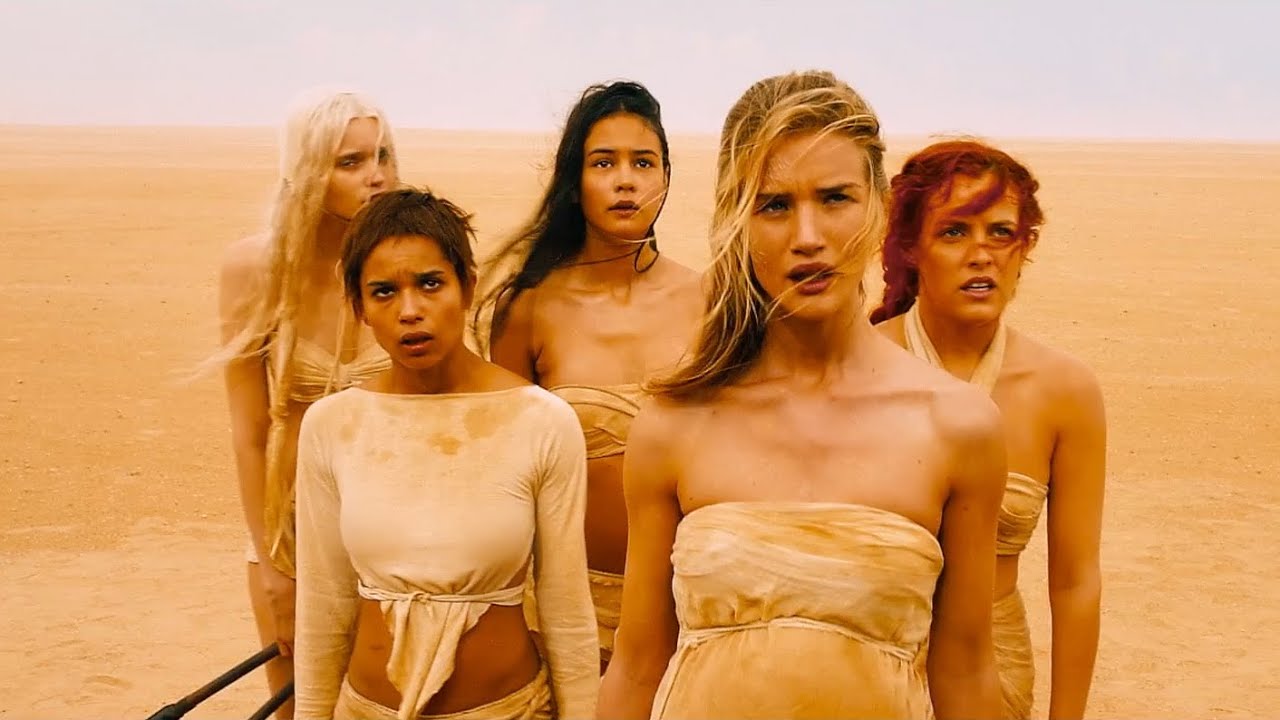
Mad Max: Fury Road (2015)
The best action film of this century, or simply of all time? Either way, George Miller rebooted his post apocalyptic franchise with Tom Hardy as the taciturn anti-hero and Charlize Theron as a feminist rebel for the ages to create a magisterial automotive experience. “Fang it!” screams one of the road warriors, and this movie absolutely does.
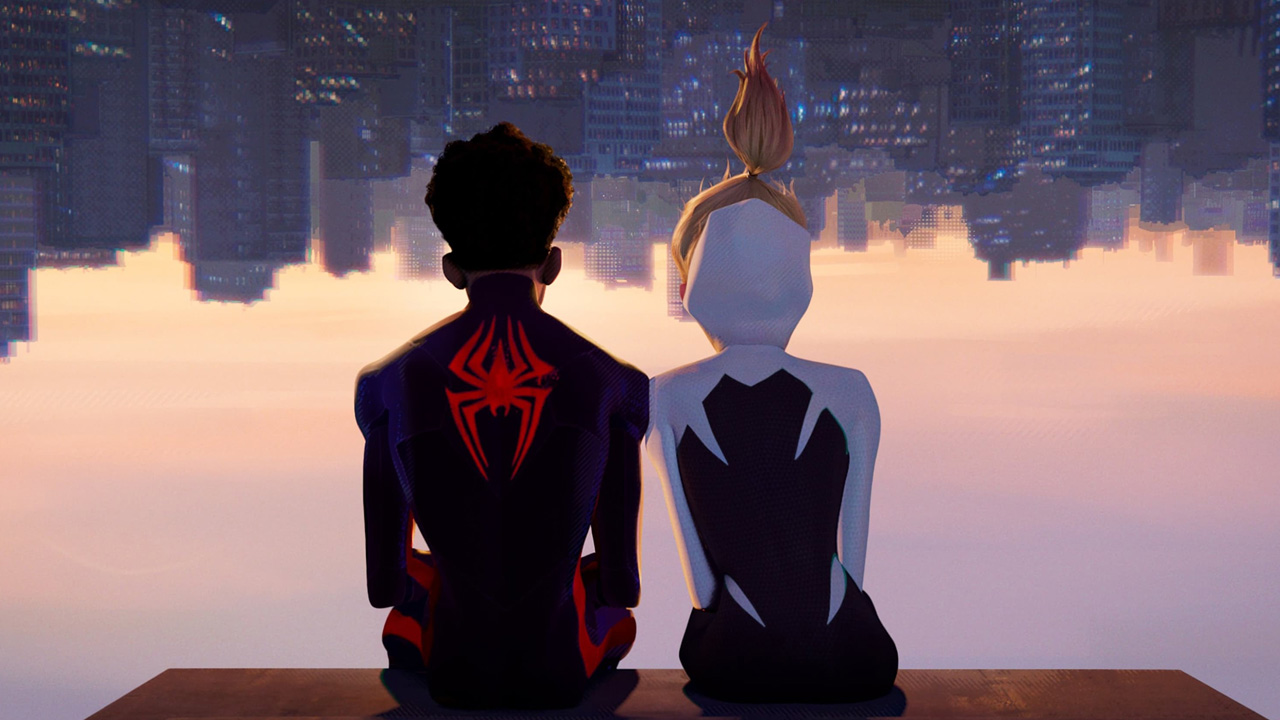
Spider-Man: Across the Spider-Verse (2023)
The Empire Strikes Back of animated superhero movies—a deeper, darker exploration of the first film’s ethos, with a compounding rise in technique and sensation. Panel by panel, the continuing adventures of Miles Morales (Shameik Moore) across a diverse multiverse that actually matters offers hyper-kinetic visual expressionism and a coming-of-age tale based on refuting the expectations of others.
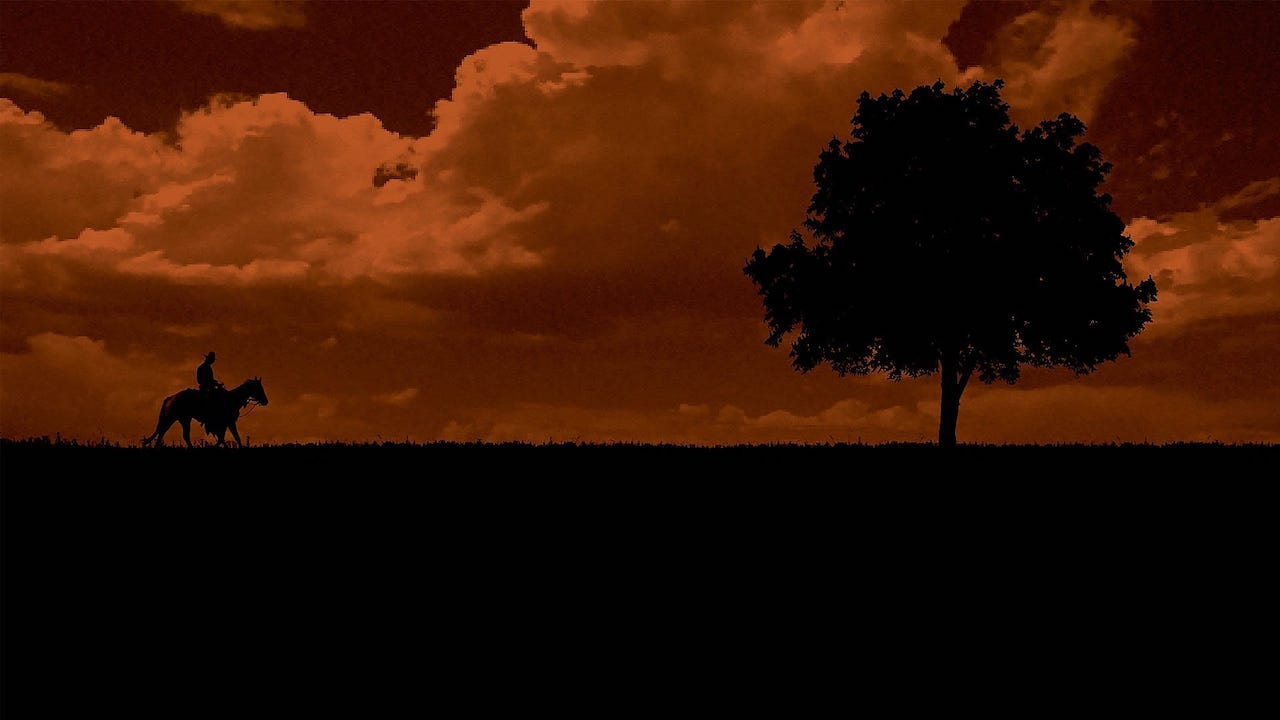
Unforgiven (1992)
Everything Clint Eastwood has learnt about the western, including the comfort it takes in its many myths, was brought to bear in this elegiac, end-of-the-trail tale. His ageing gunslinger embraces his past sins when he takes up a contract for murder in a town run by Gene Hackman’s uncompromising sheriff.
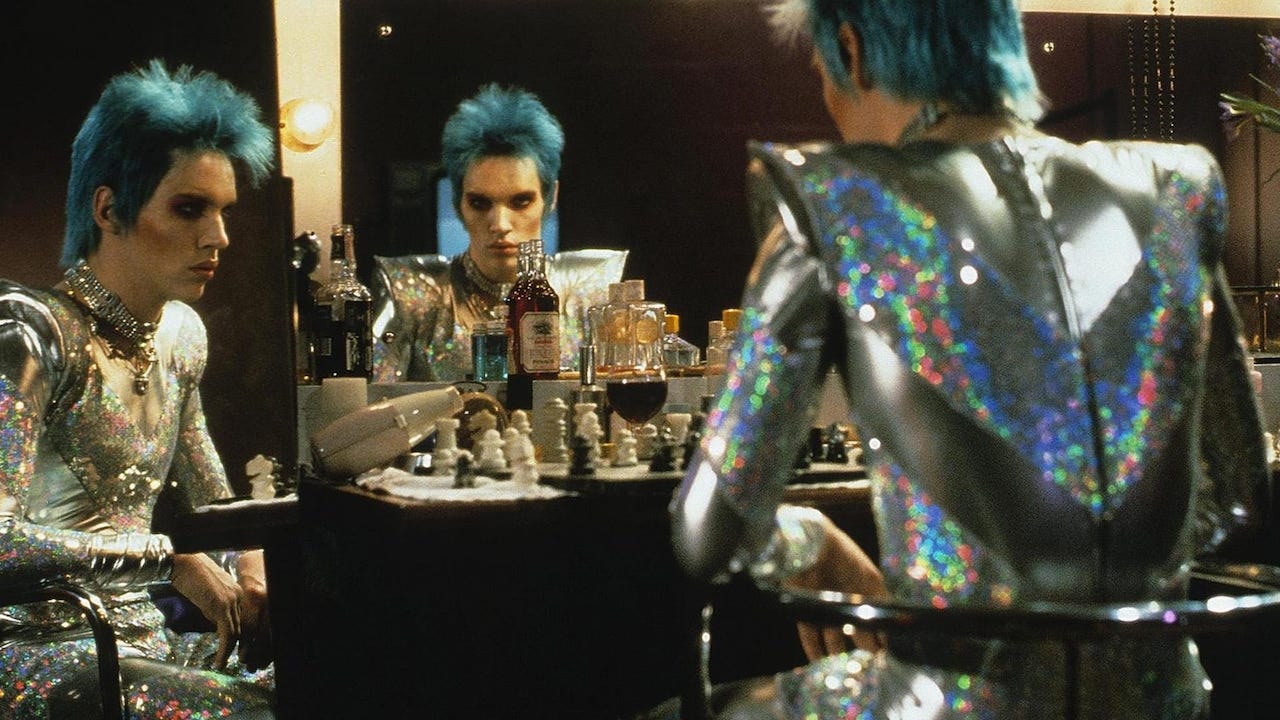
Velvet Goldmine (1998)
A telling glam rock version of Citizen Kane, Todd Haynes uses the mythic shape of David Bowie’s contrary life and work in the 1970s and 1980s to create a fascinating examination of the creative process and the transformative powers of sexuality. Set in a grey, corporate 1984, Christian Bale plays the American reporter whose pursuit of Jonathan Rhys Meyers’ missing rock star unearths both his subject’s past and his own abandoned desires.
















